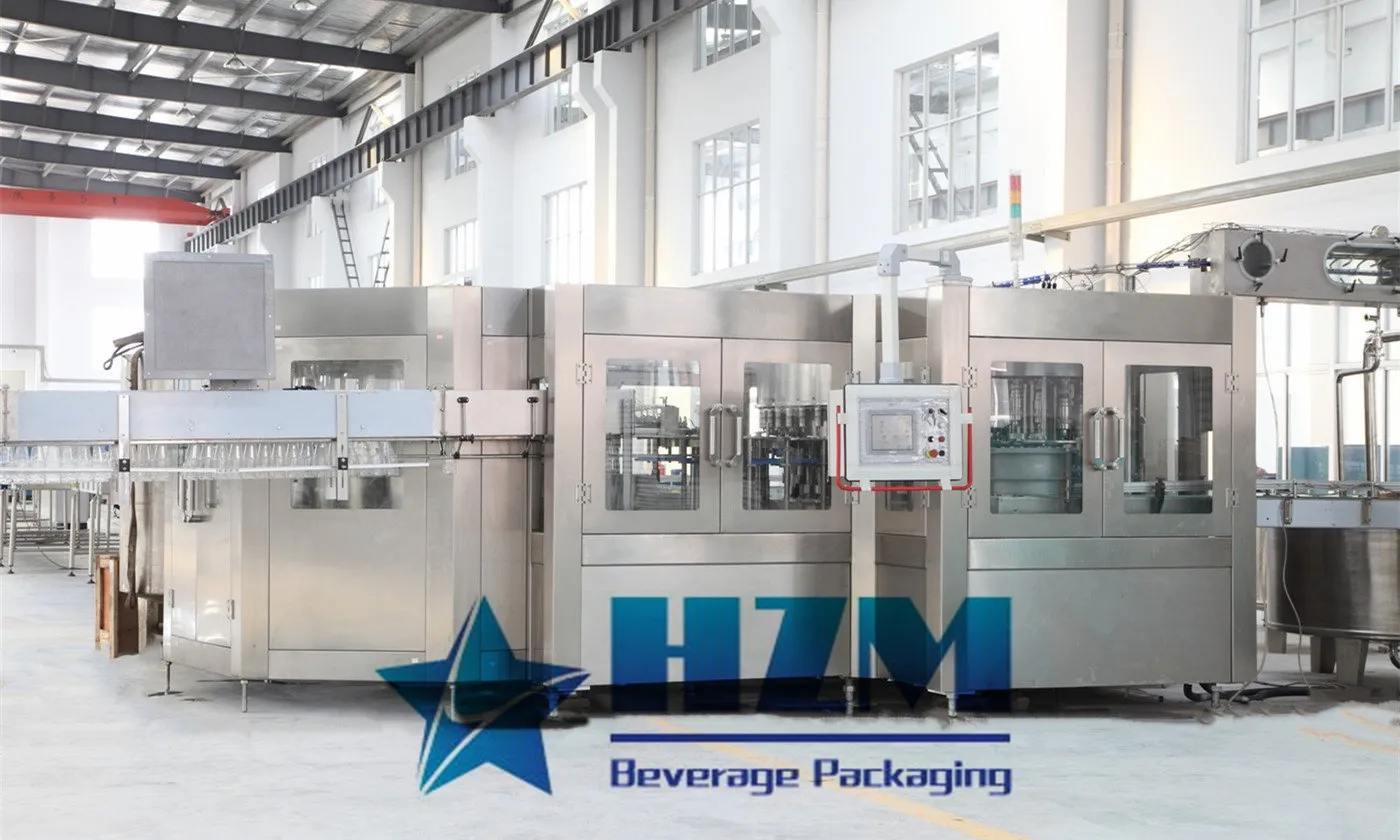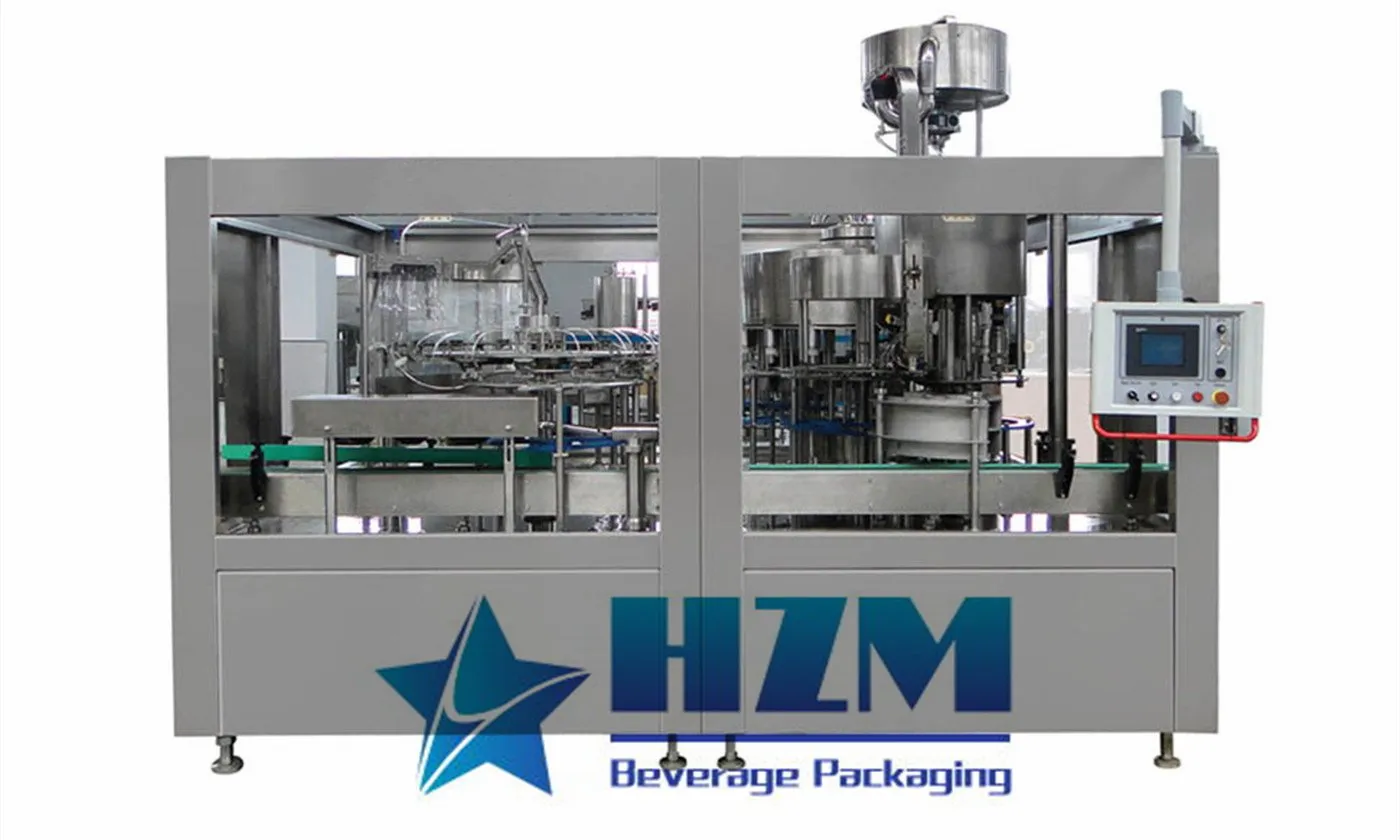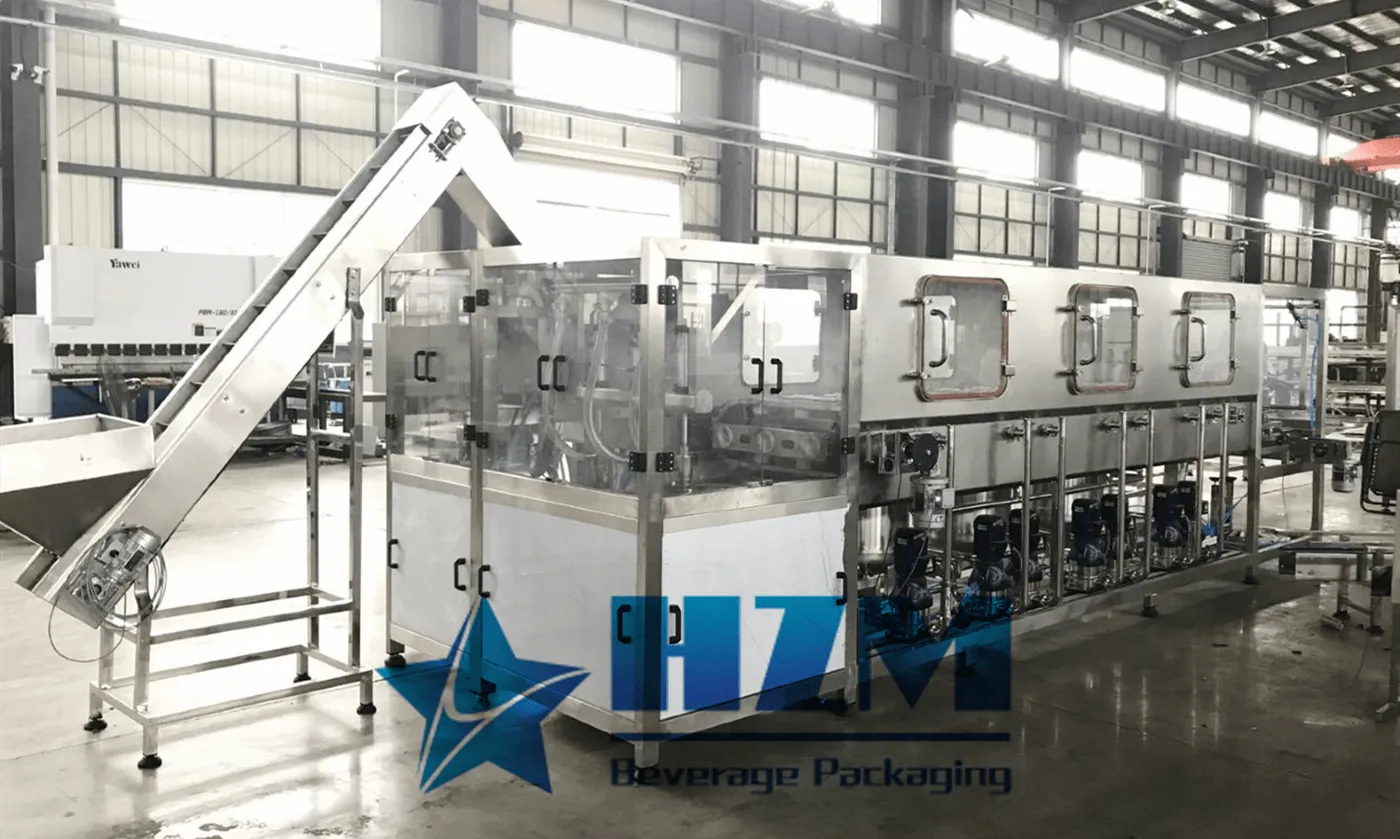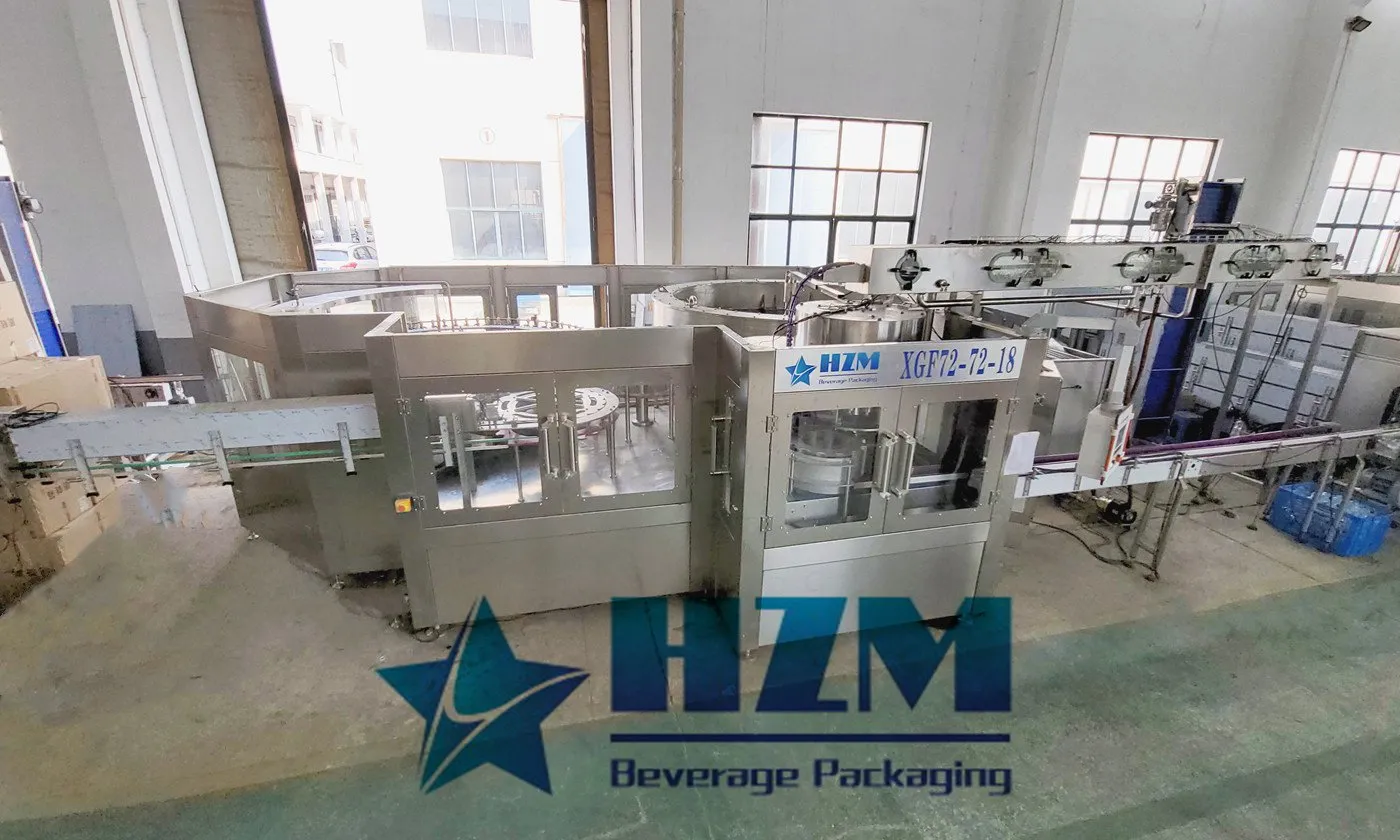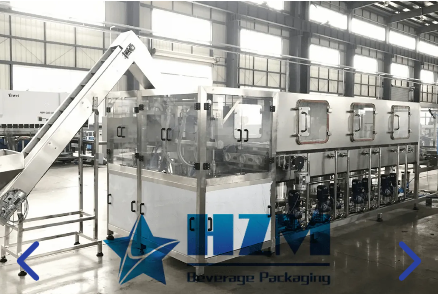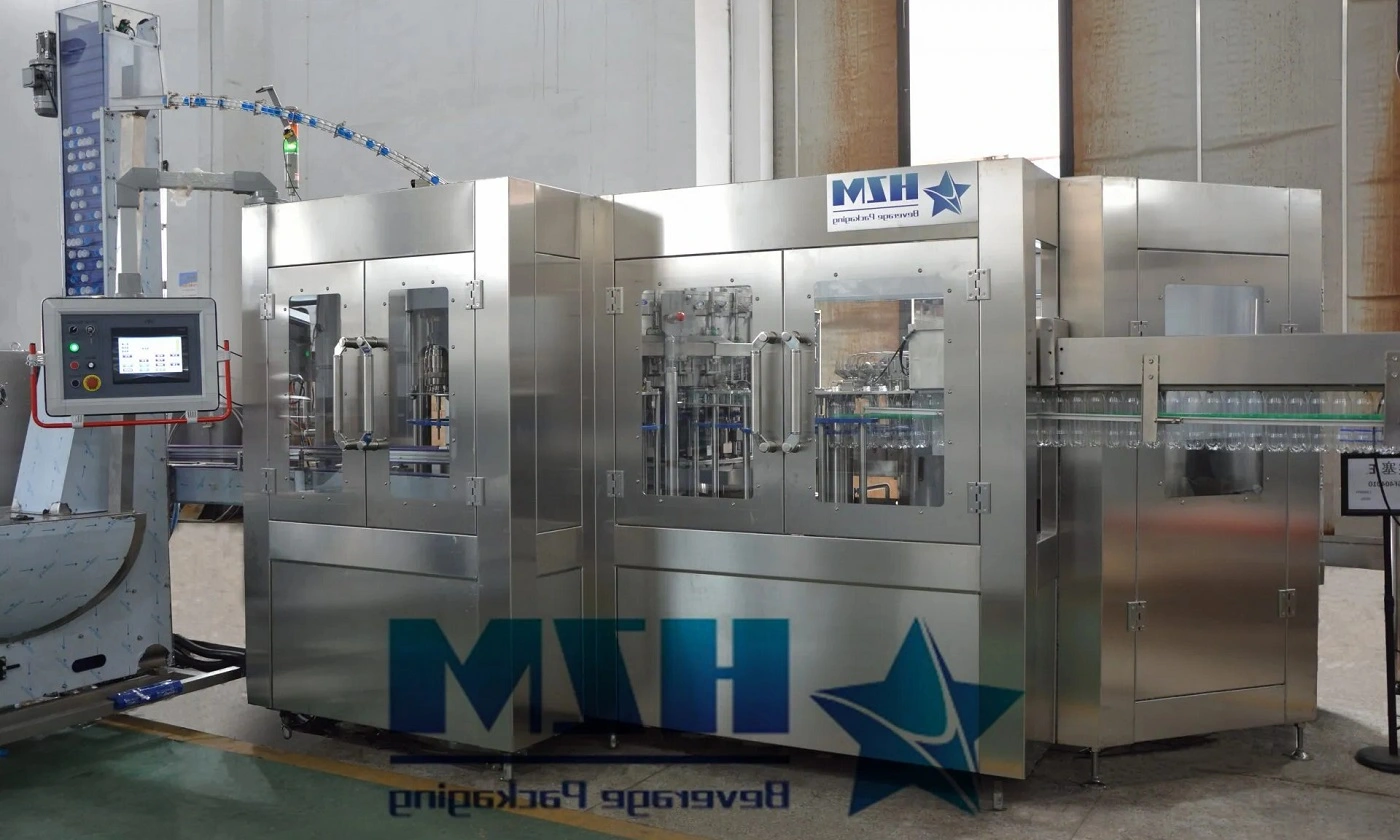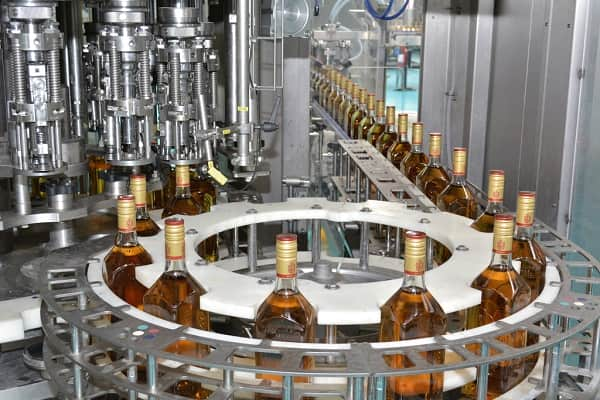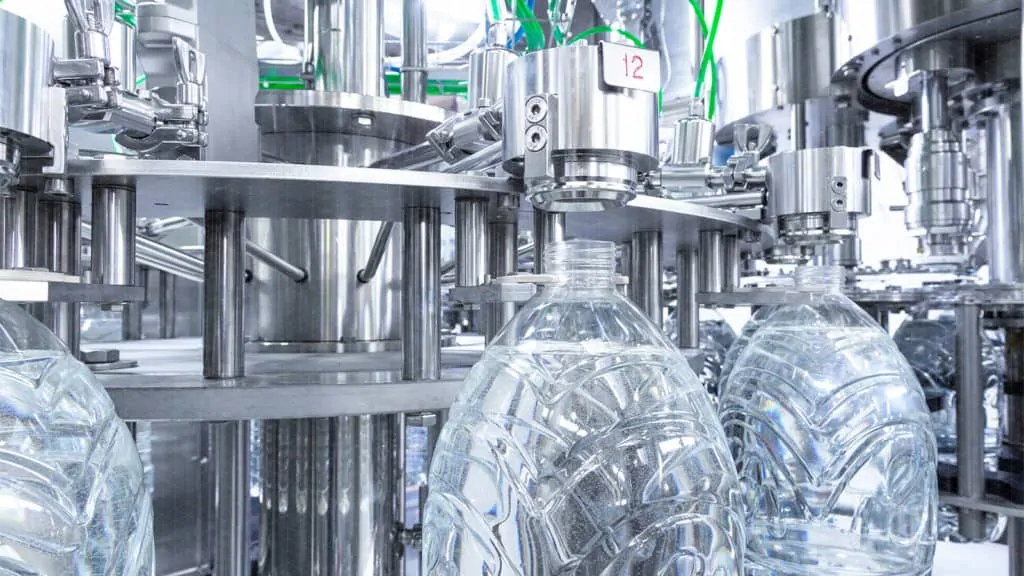Water Bottling Plants: Ensuring Safe and Quality Hydration
Water bottling plants play a pivotal role in meeting the global demand for safe and convenient drinking water. These facilities are highly specialized and must adhere to stringent regulations to ensure the quality, purity, and safety of bottled water. In this article, we will explore the various aspects of water bottling plants, from their infrastructure to quality control measures.
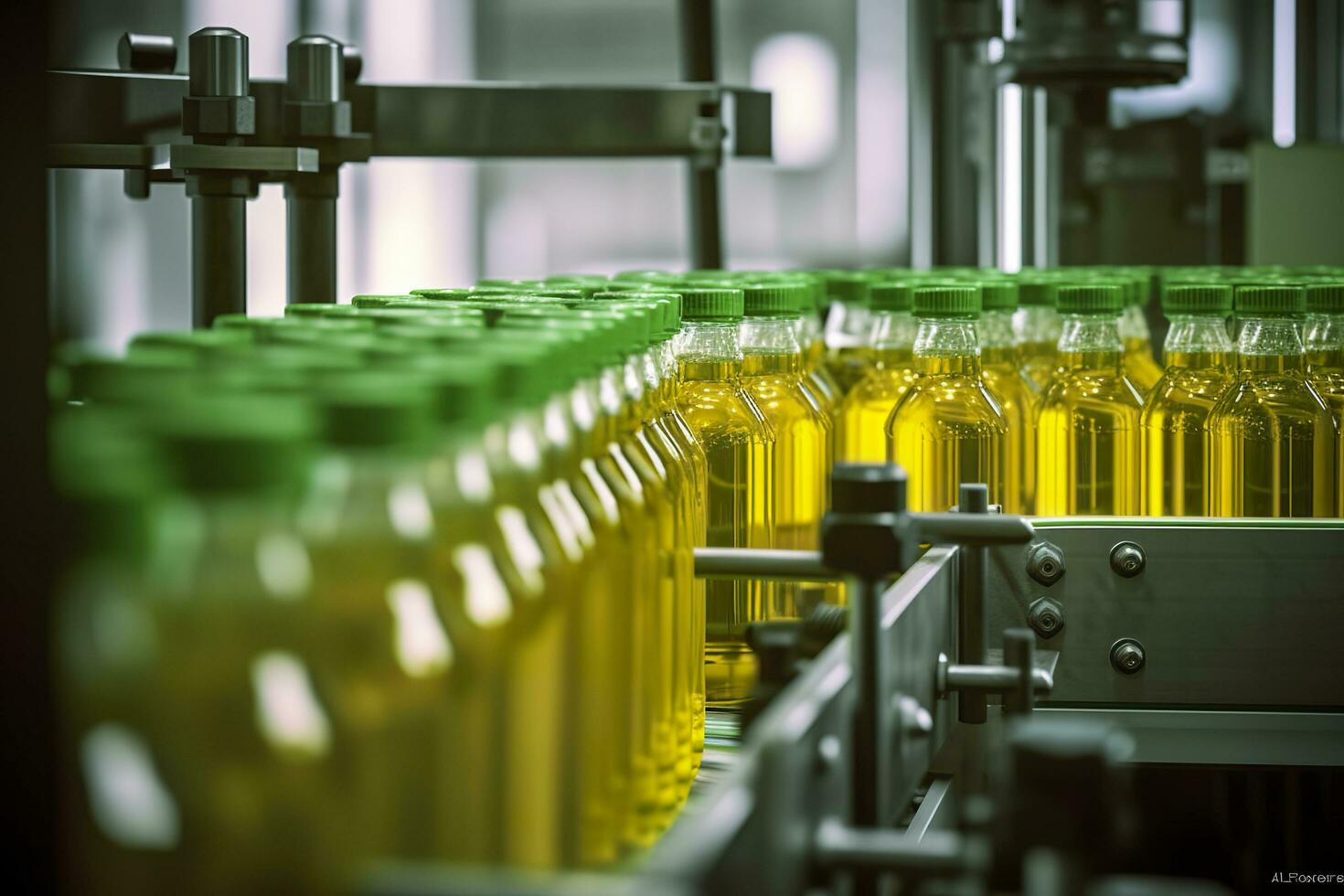
Infrastructure and Equipment:
- Water Source Selection: The first crucial step in establishing a water bottling plant is selecting an appropriate water source. This may include natural springs, wells, or municipal water supplies. The source's quality and consistency are paramount.
- Water Treatment: Before bottling, the water undergoes a series of treatments. This includes filtration to remove particles and sediment, chemical treatments for disinfection and pH adjustment, and often reverse osmosis to remove dissolved minerals.
- Bottle Production: Bottles used for packaging water are typically made of PET (polyethylene terephthalate) and must meet strict quality standards. They are manufactured separately and thoroughly cleaned and sterilized before use.
- Bottle Filling and Capping: The filling process can vary depending on the type of water being bottled. Gravity filling is used for still water, while pressure filling is employed for carbonated water. Caps are placed and sealed, often with tamper-evident features to ensure product integrity.
- Labeling and Coding: Bottles are labeled with essential information, such as brand name, nutritional facts, and expiration dates. Coding machines may imprint batch numbers or production dates.
- Quality Control: Automated systems inspect bottles for defects, including cap integrity, fill levels, and label placement. Any substandard bottles are removed from the production line.
Quality Assurance:
- Regulatory Compliance: Water bottling plants must adhere to strict regulations and standards set by local health authorities and government agencies. Compliance ensures that the bottled water is safe for consumption.
- Regular Testing: Quality control measures include regular testing for pH levels, total dissolved solids (TDS), microbiological contaminants, and chemical composition. These tests ensure that the water meets or exceeds safety and purity standards.
- Hygiene and Sanitation: Maintaining a hygienic environment is critical. Bottling equipment, storage tanks, and the bottling facility itself are subject to rigorous cleaning and sanitation procedures to prevent contamination.
Environmental Considerations:
- Sustainable Practices: Many water bottling plants are adopting sustainable practices to reduce their environmental footprint. This includes water recycling, energy-efficient equipment, and eco-friendly packaging materials.
- Recycling: Responsible disposal and recycling of used bottles are essential. Some plants have recycling programs to minimize environmental impact.
Packaging and Distribution:
- Packaging: After the bottles are filled and sealed, they are packaged into cases, trays, or pallets, ensuring that they remain intact and secure during transportation.
- Distribution: Bottled water is distributed to retailers, wholesalers, or directly to consumers, ensuring a reliable supply chain to meet market demands.
Conclusion:
Water bottling plants are complex facilities that contribute to the accessibility of safe and quality drinking water worldwide. Their commitment to quality control, adherence to regulations, and adoption of sustainable practices are essential in providing consumers with a trusted source of hydration. These plants continue to evolve to meet the growing demand for bottled water while minimizing their environmental impact.
TAG: Water Bottling Plants Water Filling Machine



-
![Unveiling the Precision and Efficiency of Water Filling Machines]() Unveiling the Precision and Efficiency of Water Filling MachinesMar , 24 /2023
Unveiling the Precision and Efficiency of Water Filling MachinesMar , 24 /2023 -
![Soft Drinks Sparkling Water Filling Machine: A Comprehensive Guide]() Soft Drinks Sparkling Water Filling Machine: A Comprehensive GuideApr , 26 /2023
Soft Drinks Sparkling Water Filling Machine: A Comprehensive GuideApr , 26 /2023 -
![Leading Manufacturer of Mineral Water Filling Machines]() Leading Manufacturer of Mineral Water Filling MachinesMay , 27 /2023
Leading Manufacturer of Mineral Water Filling MachinesMay , 27 /2023 -
![Your Trusted Manufacturer of Mineral Water Filling Machines]() Your Trusted Manufacturer of Mineral Water Filling MachinesJun , 06 /2023
Your Trusted Manufacturer of Mineral Water Filling MachinesJun , 06 /2023 -
![Water Bottling Plant Equipment For Sale]() Water Bottling Plant Equipment For SaleDec , 21 /2023
Water Bottling Plant Equipment For SaleDec , 21 /2023 -
![Water Bottling Plant Cost]() Water Bottling Plant CostSep , 22 /2024
Water Bottling Plant CostSep , 22 /2024





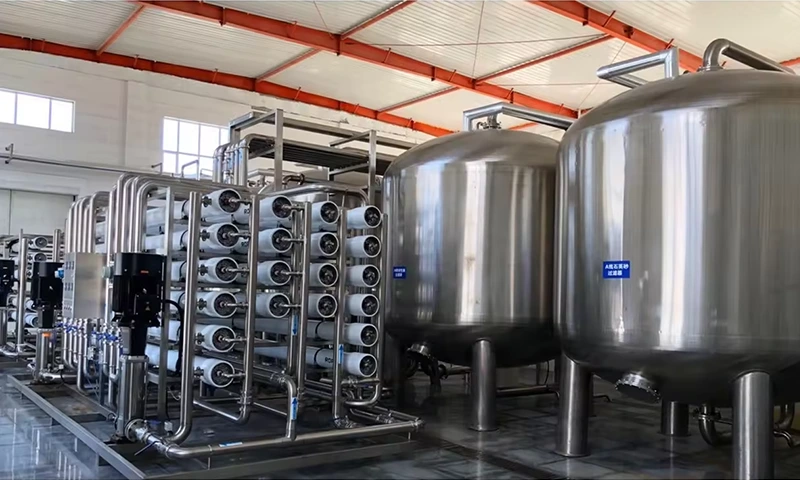
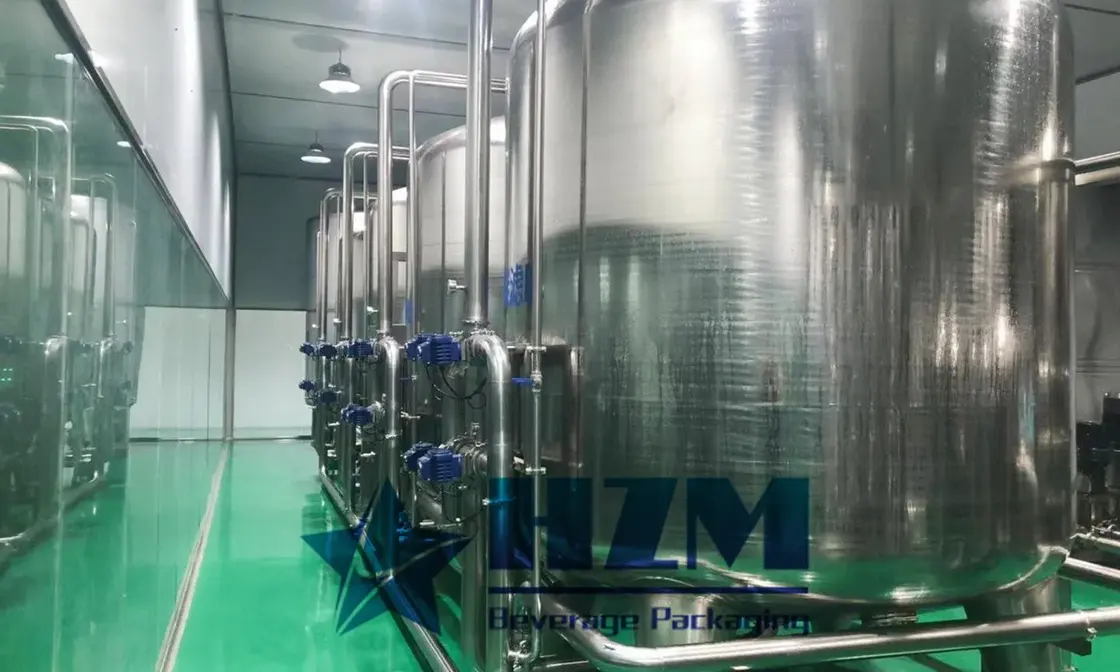
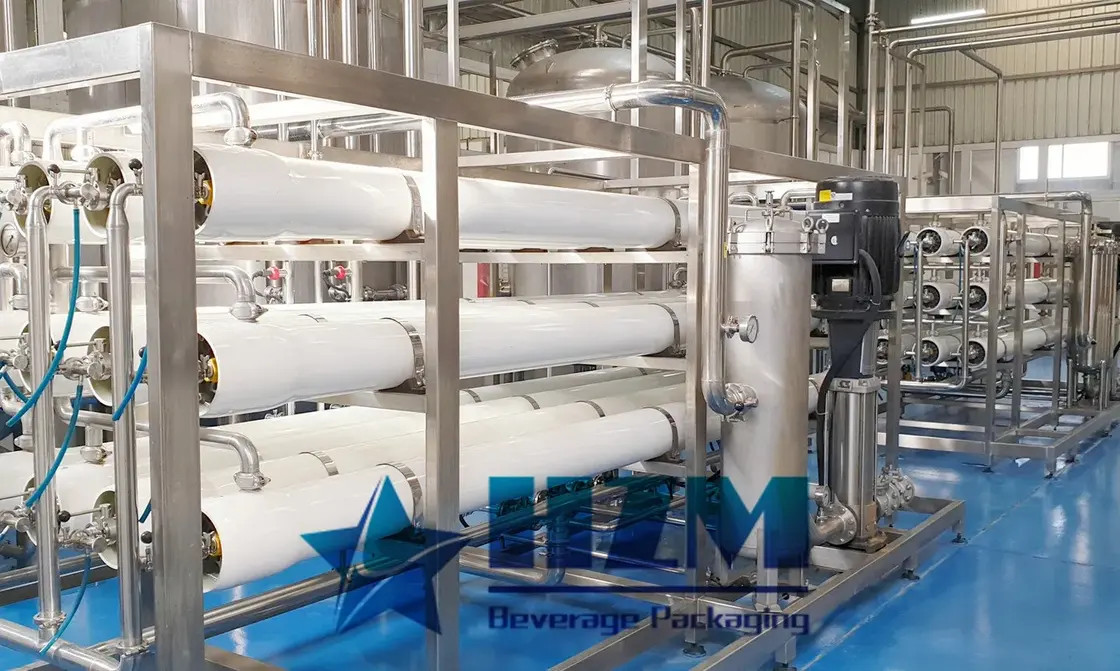
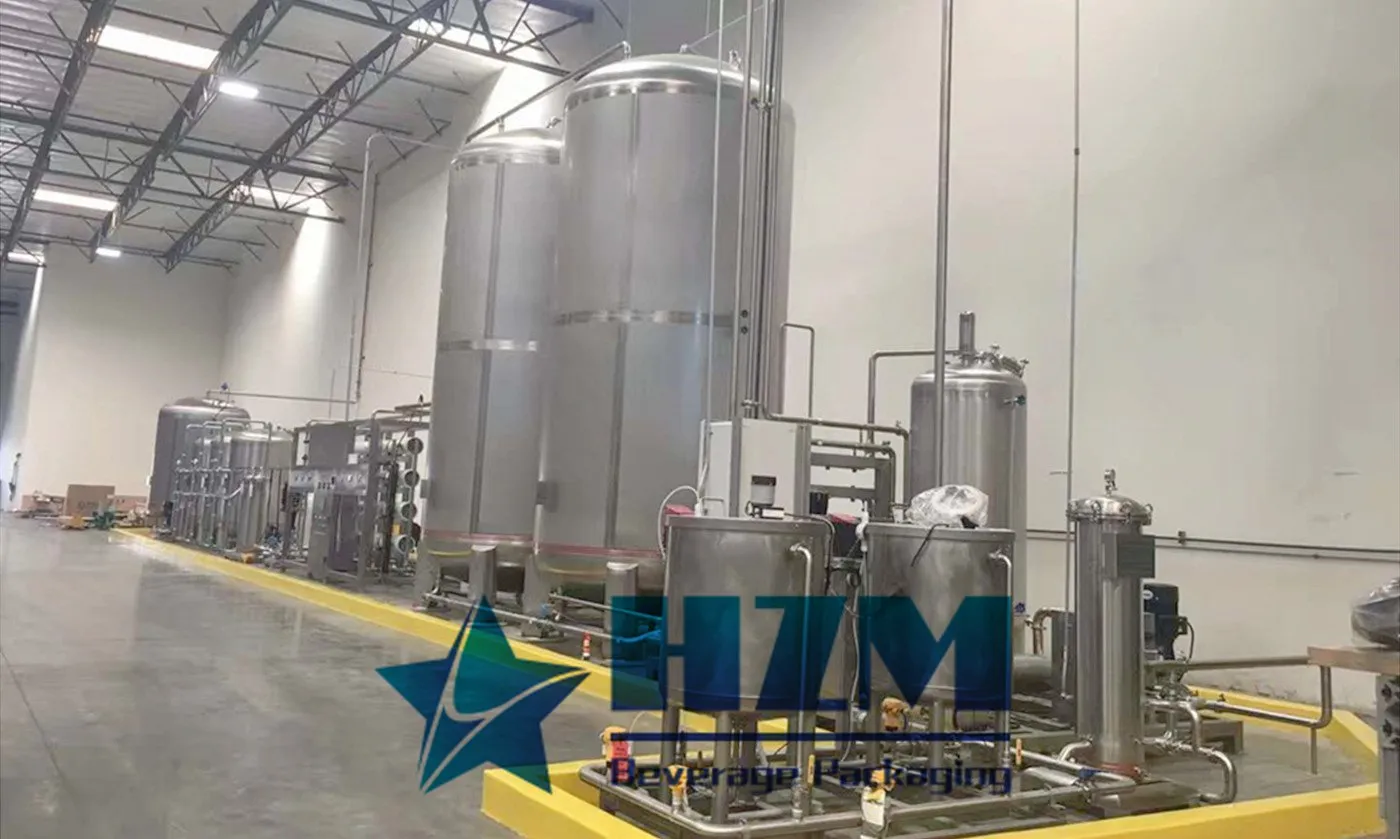
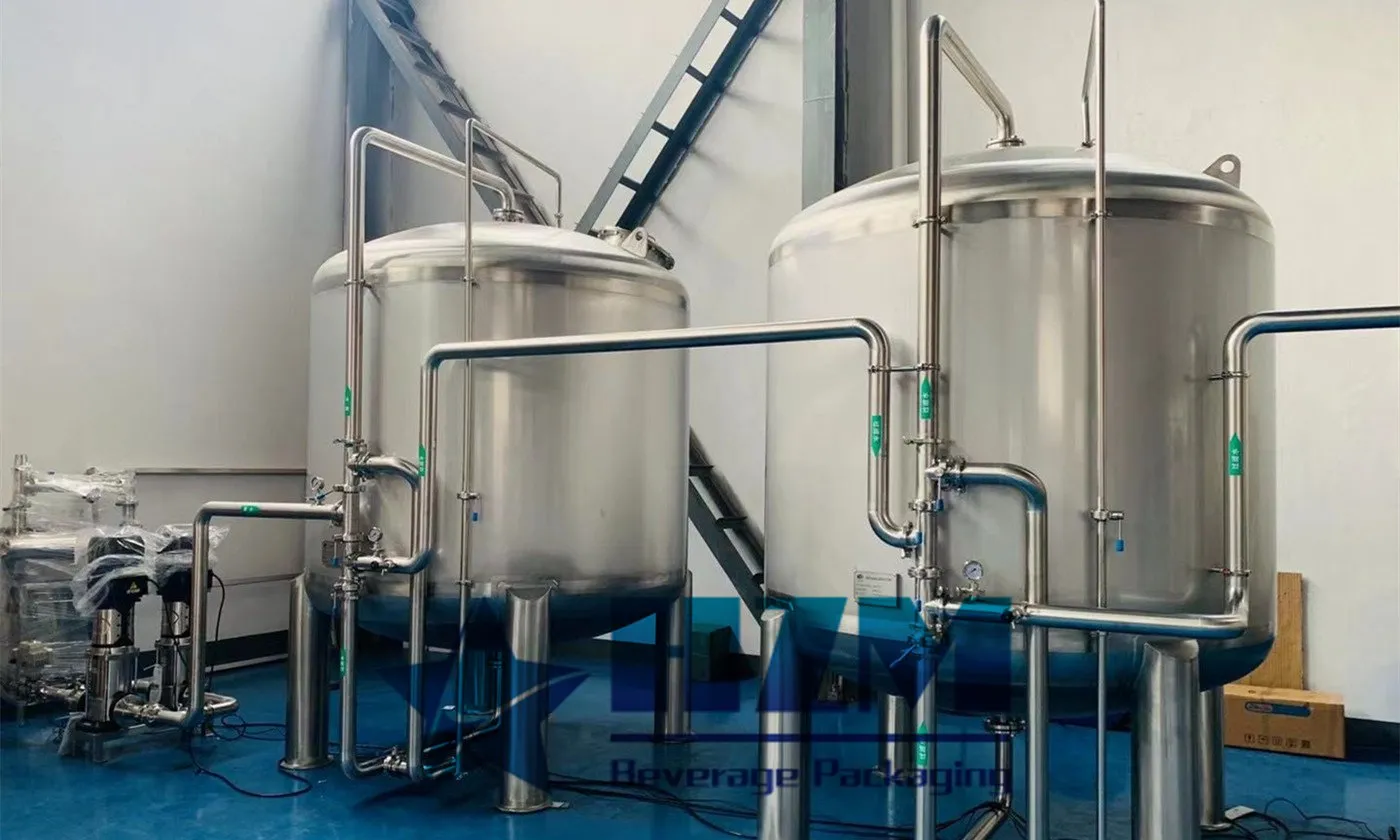
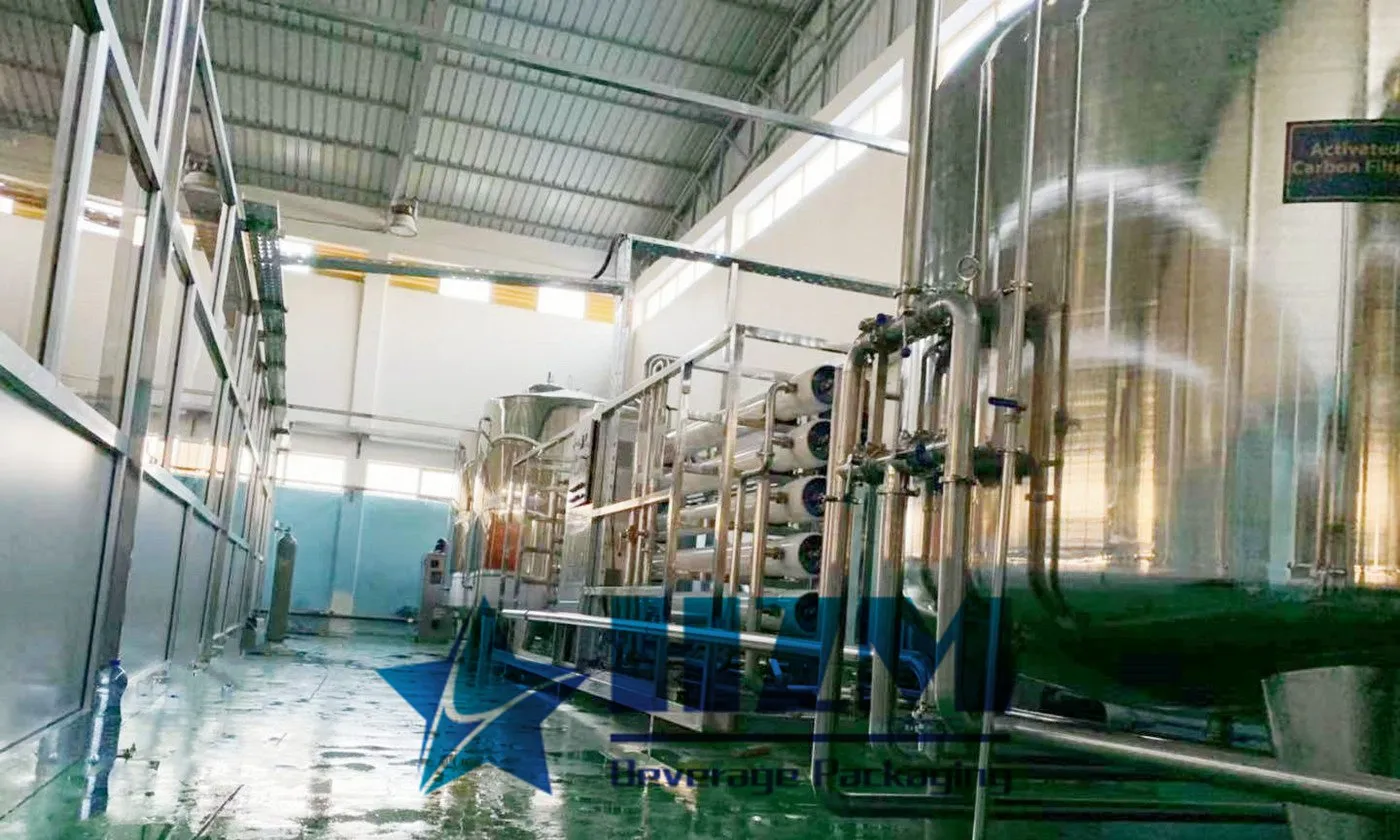
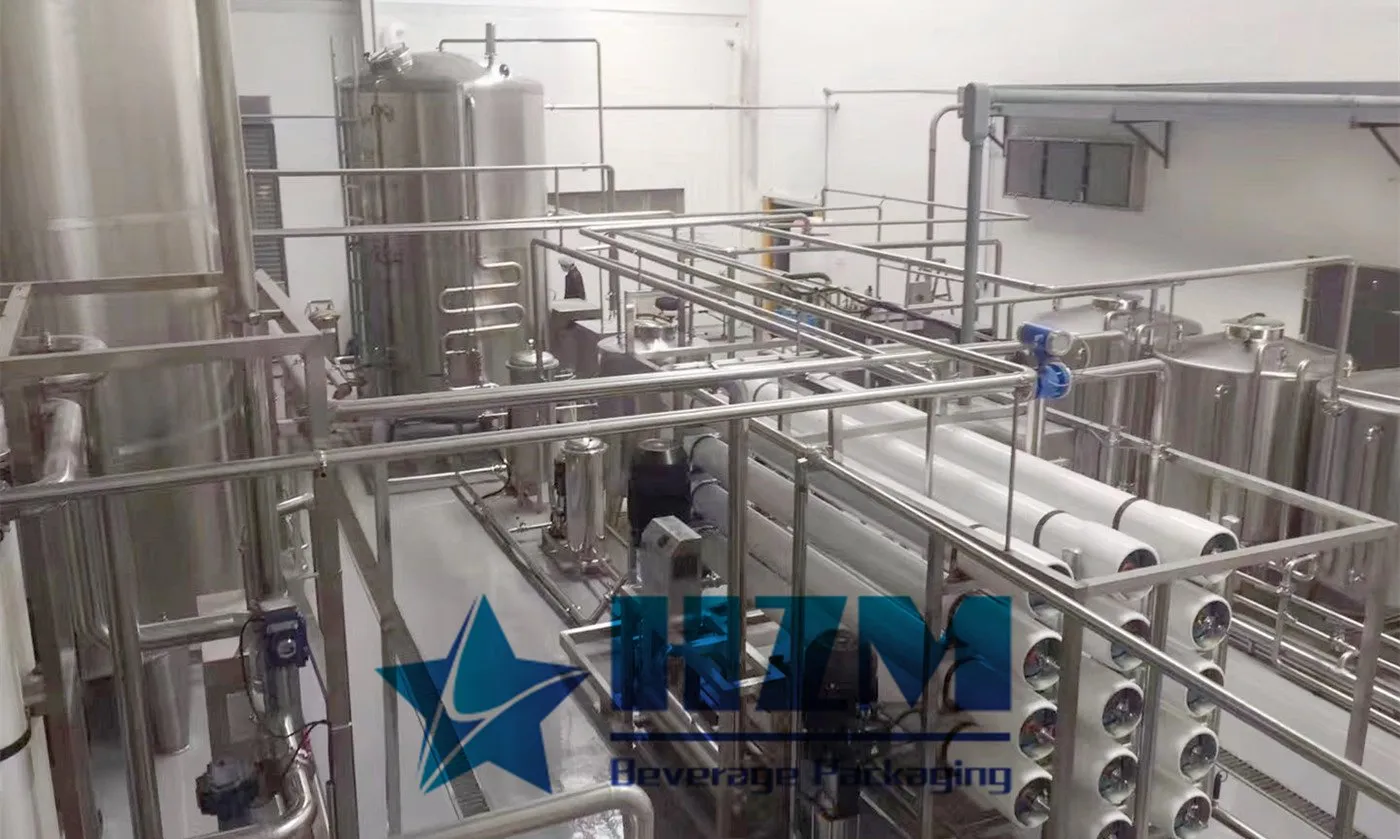
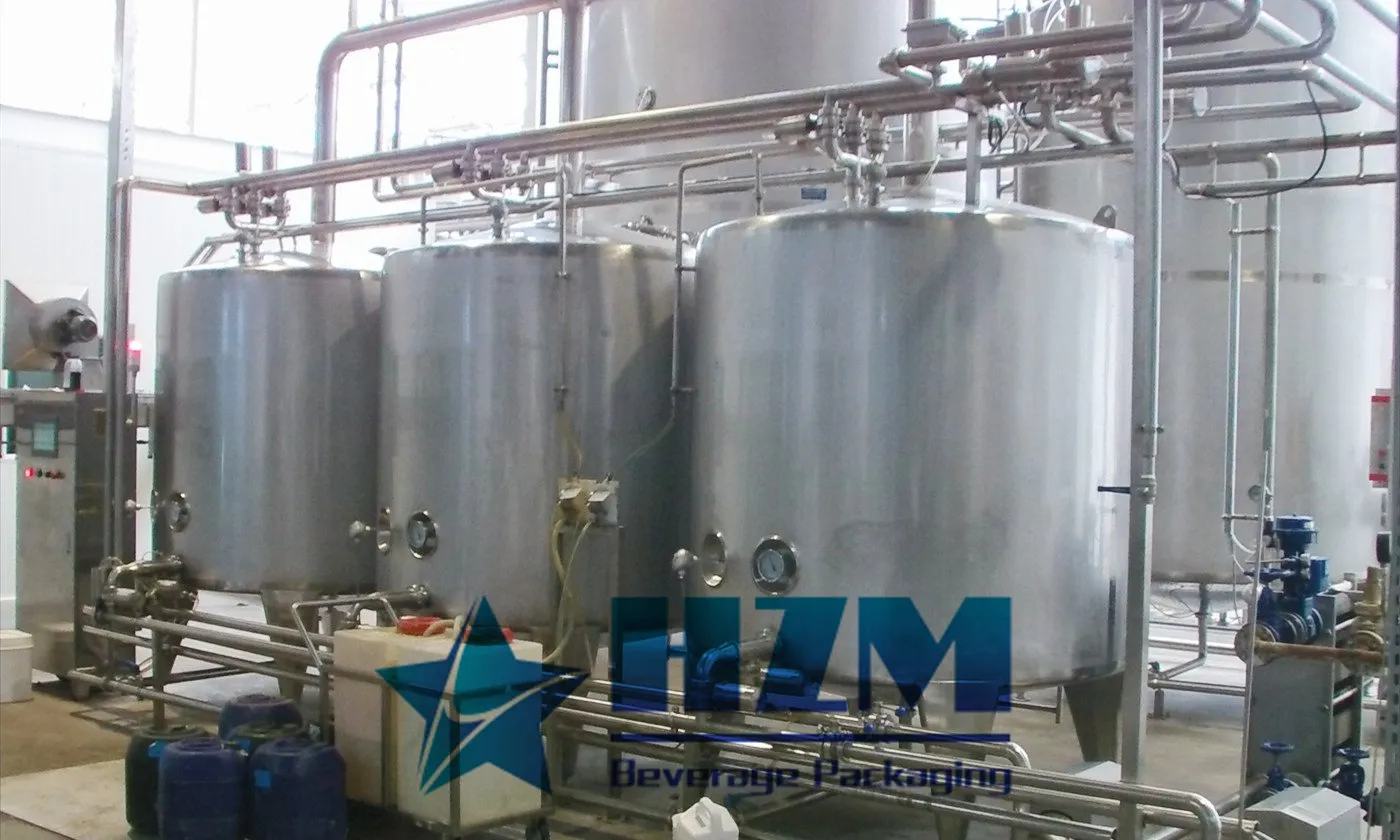
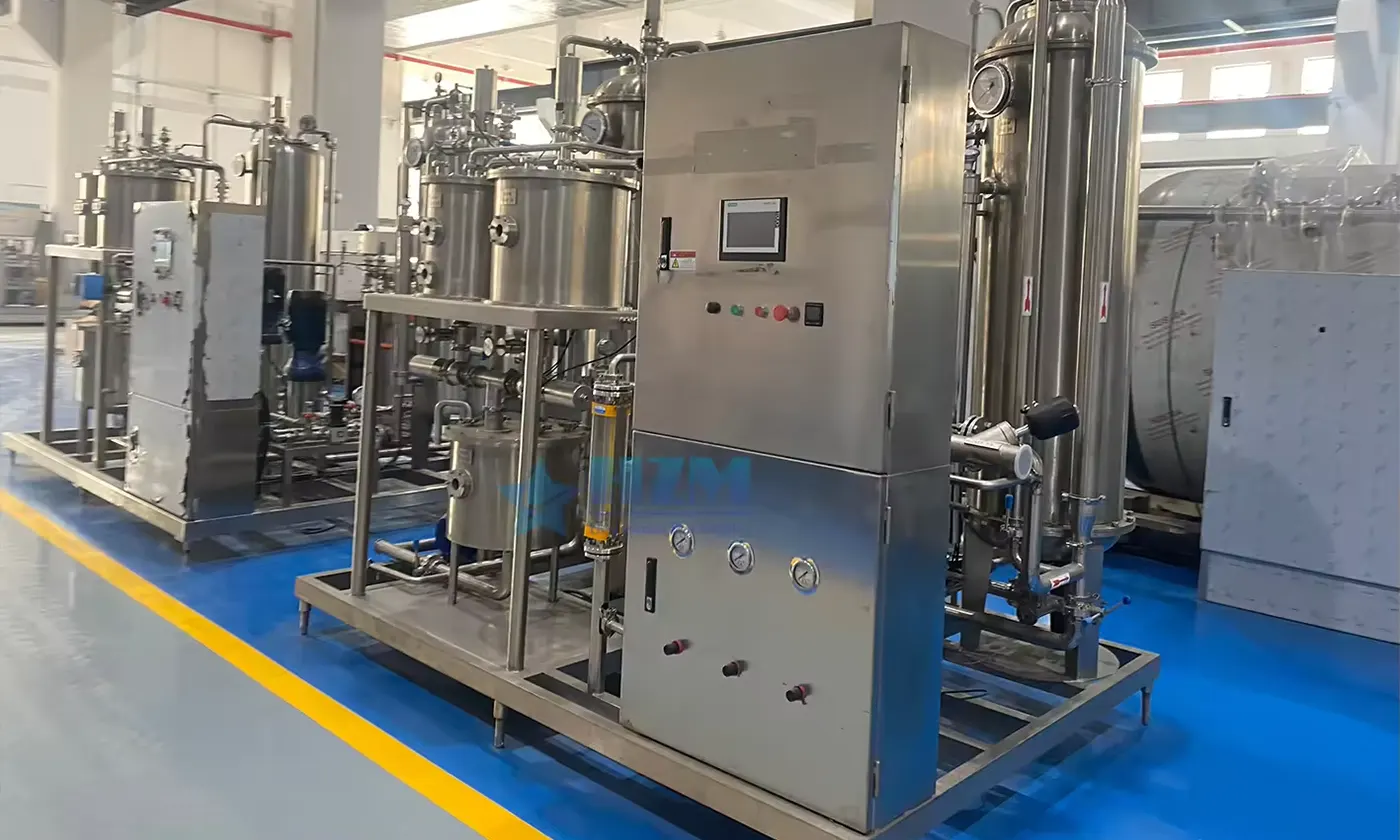
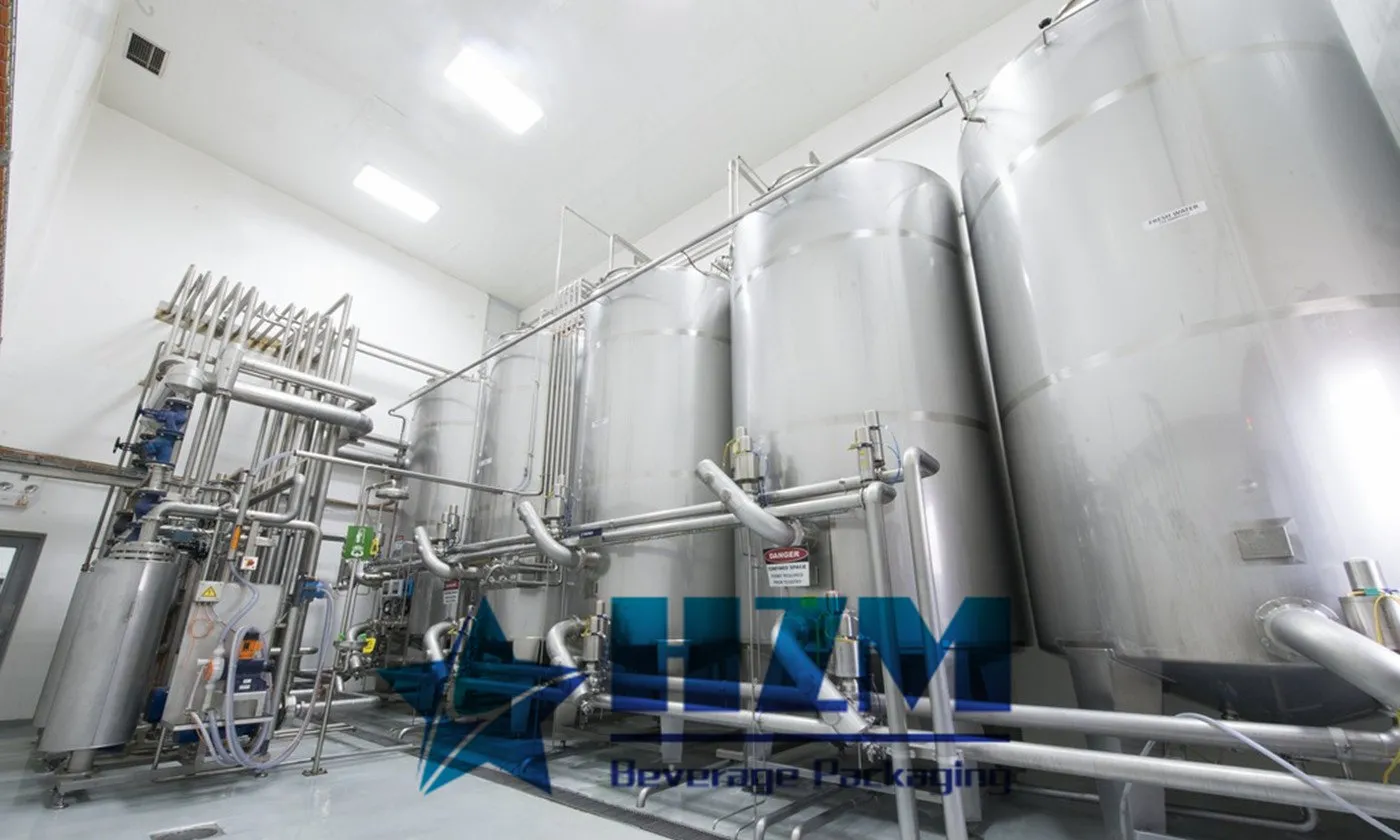
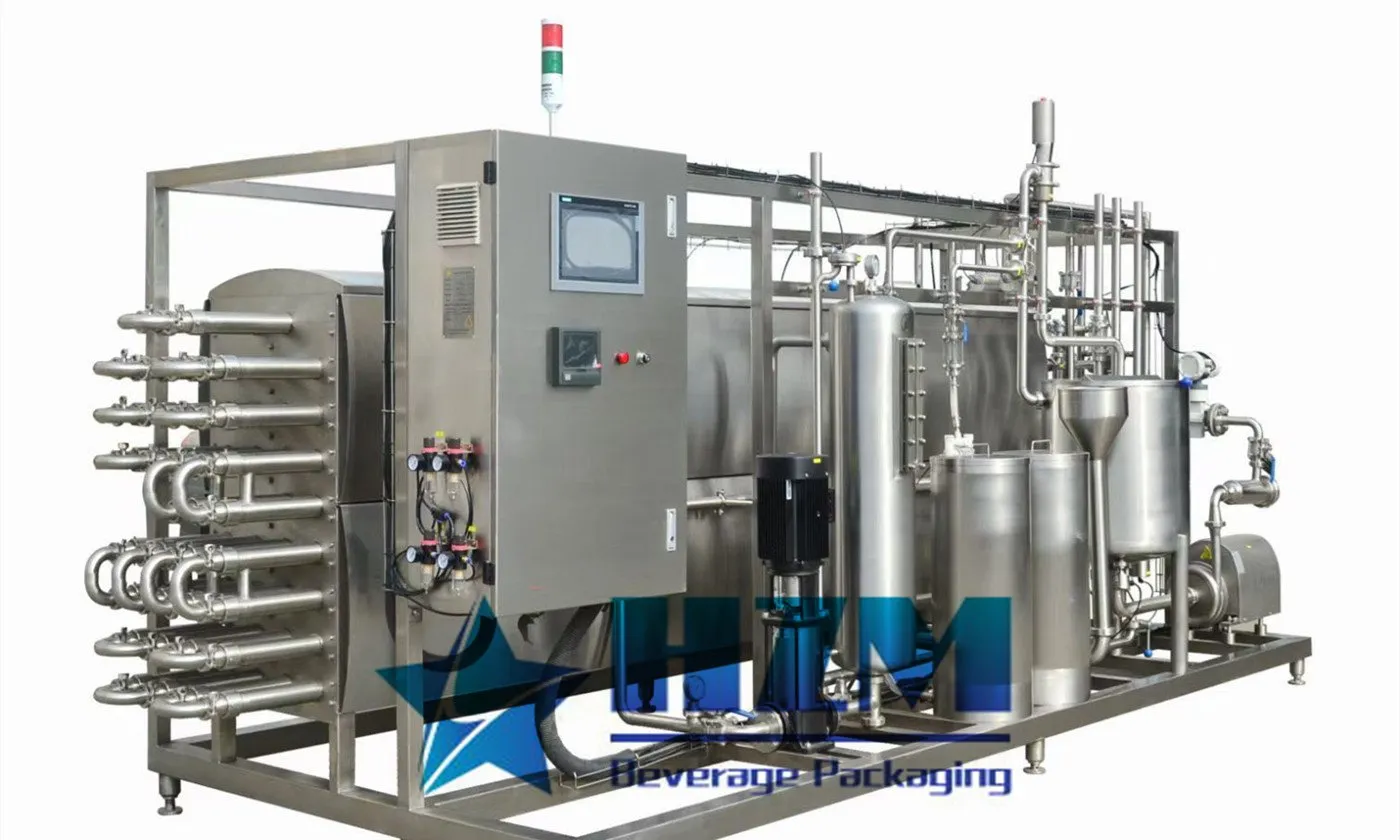
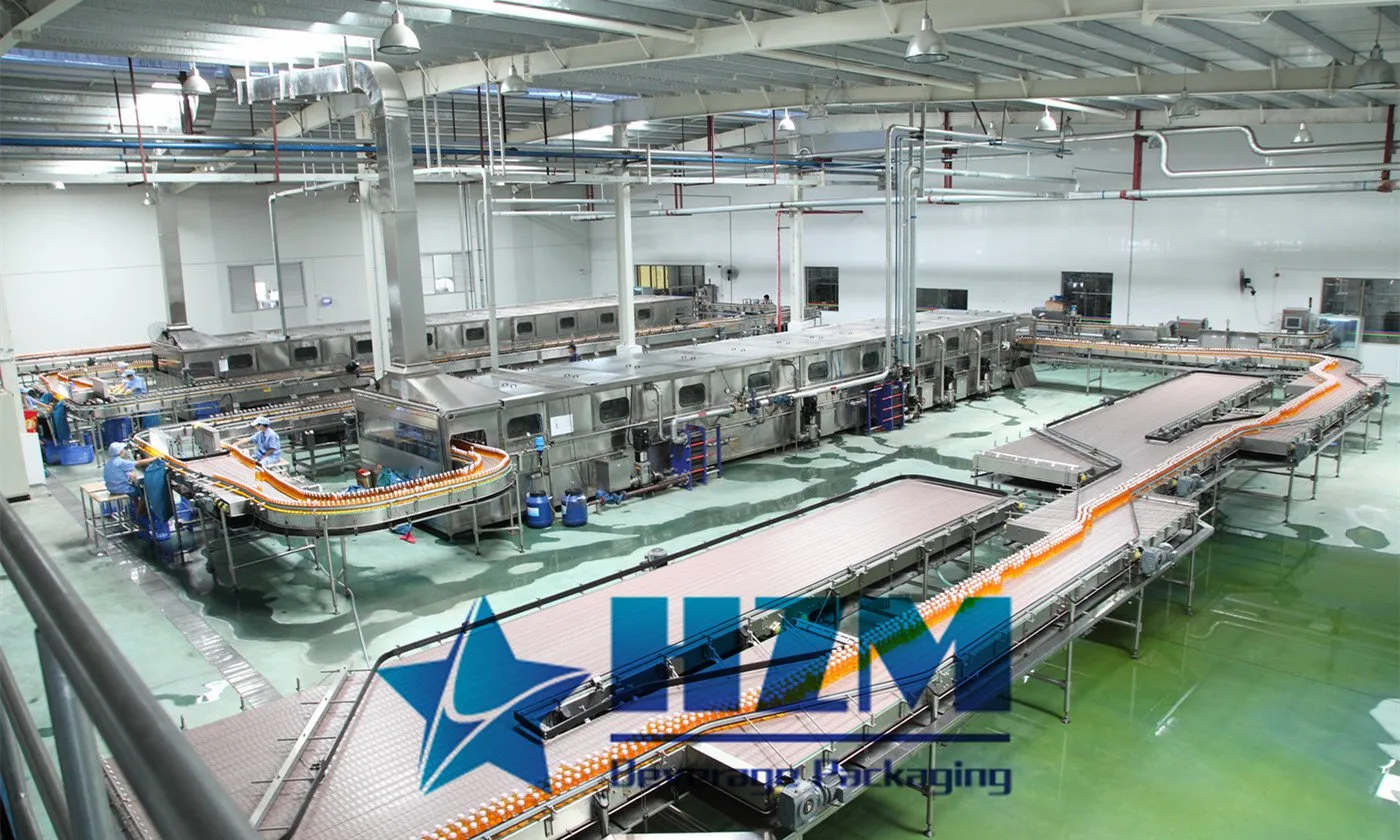
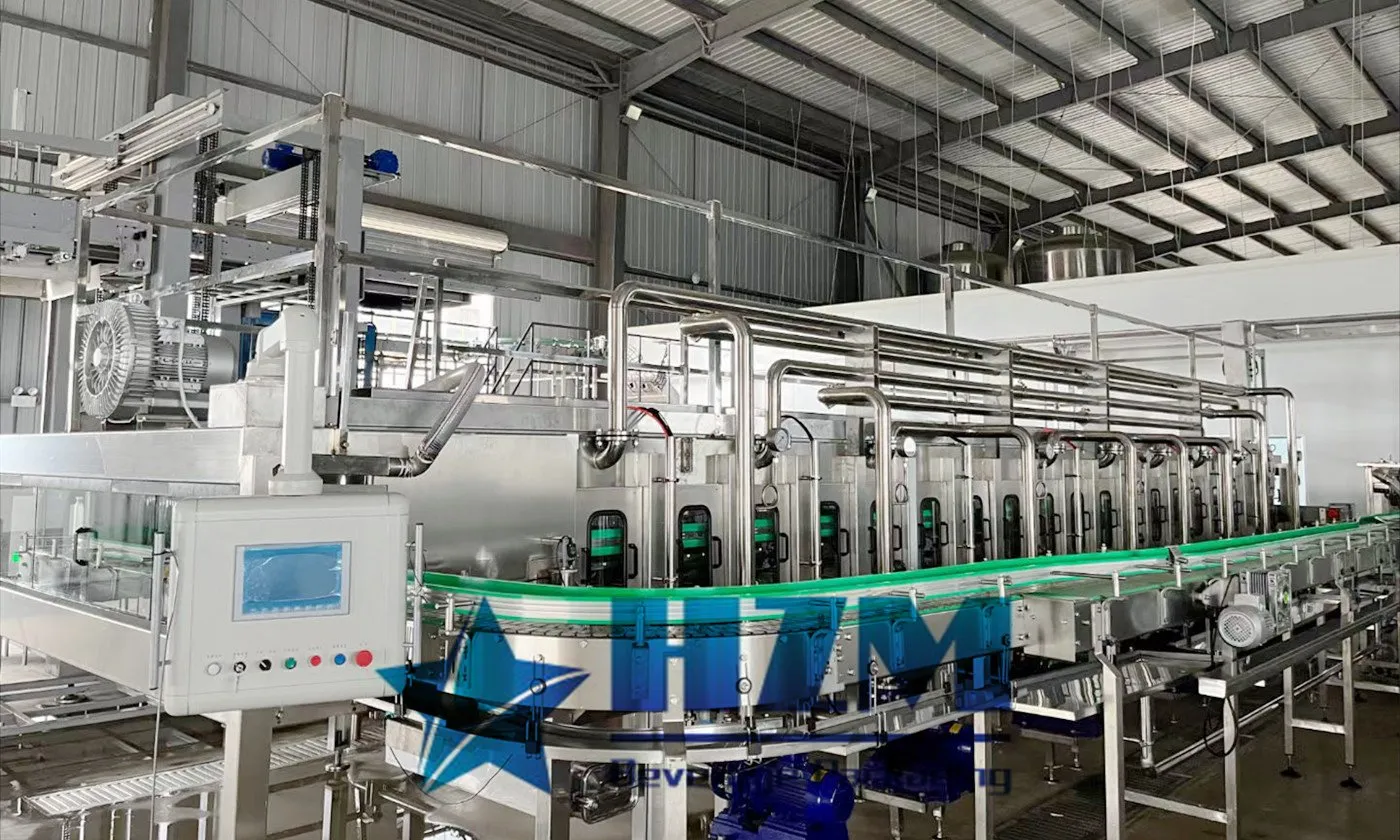
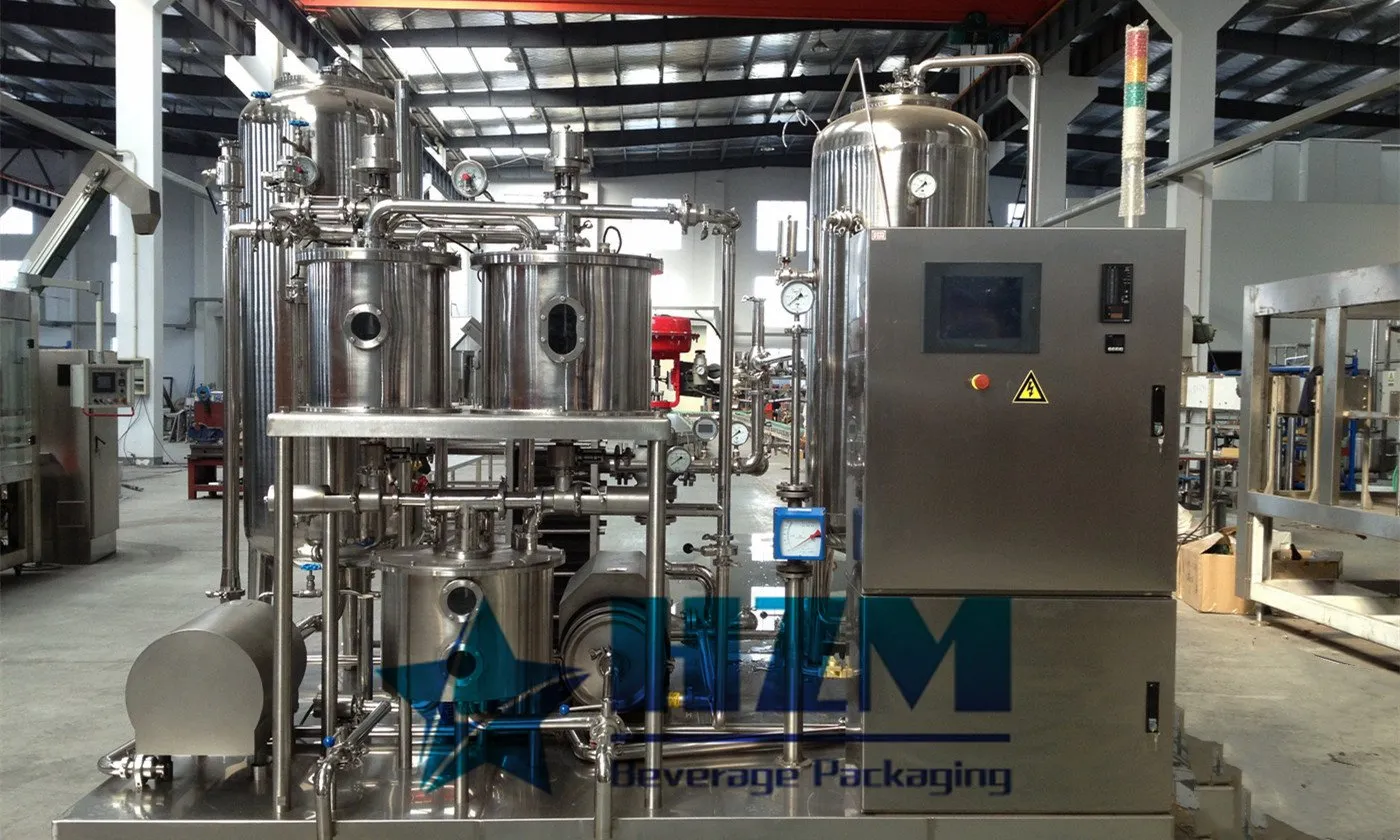
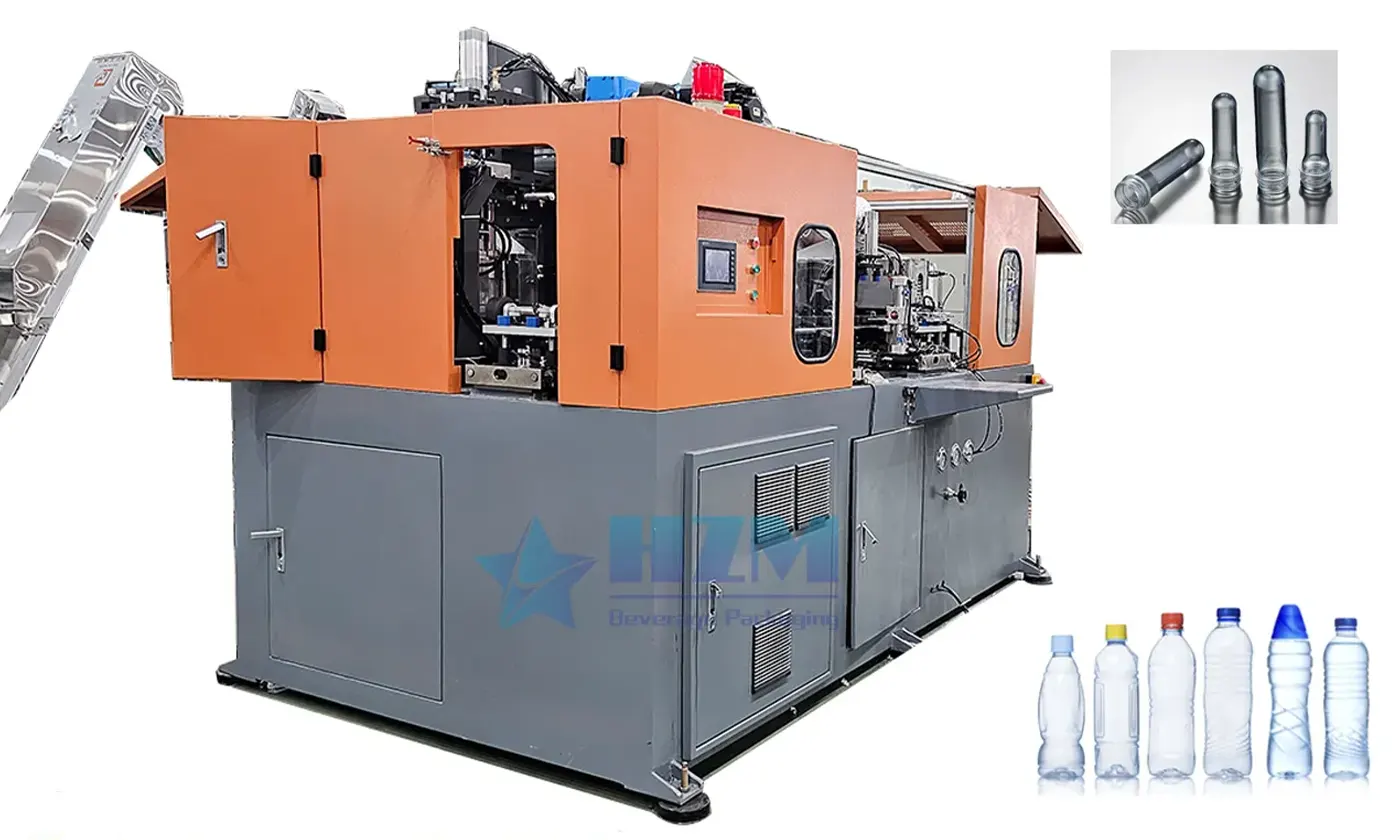
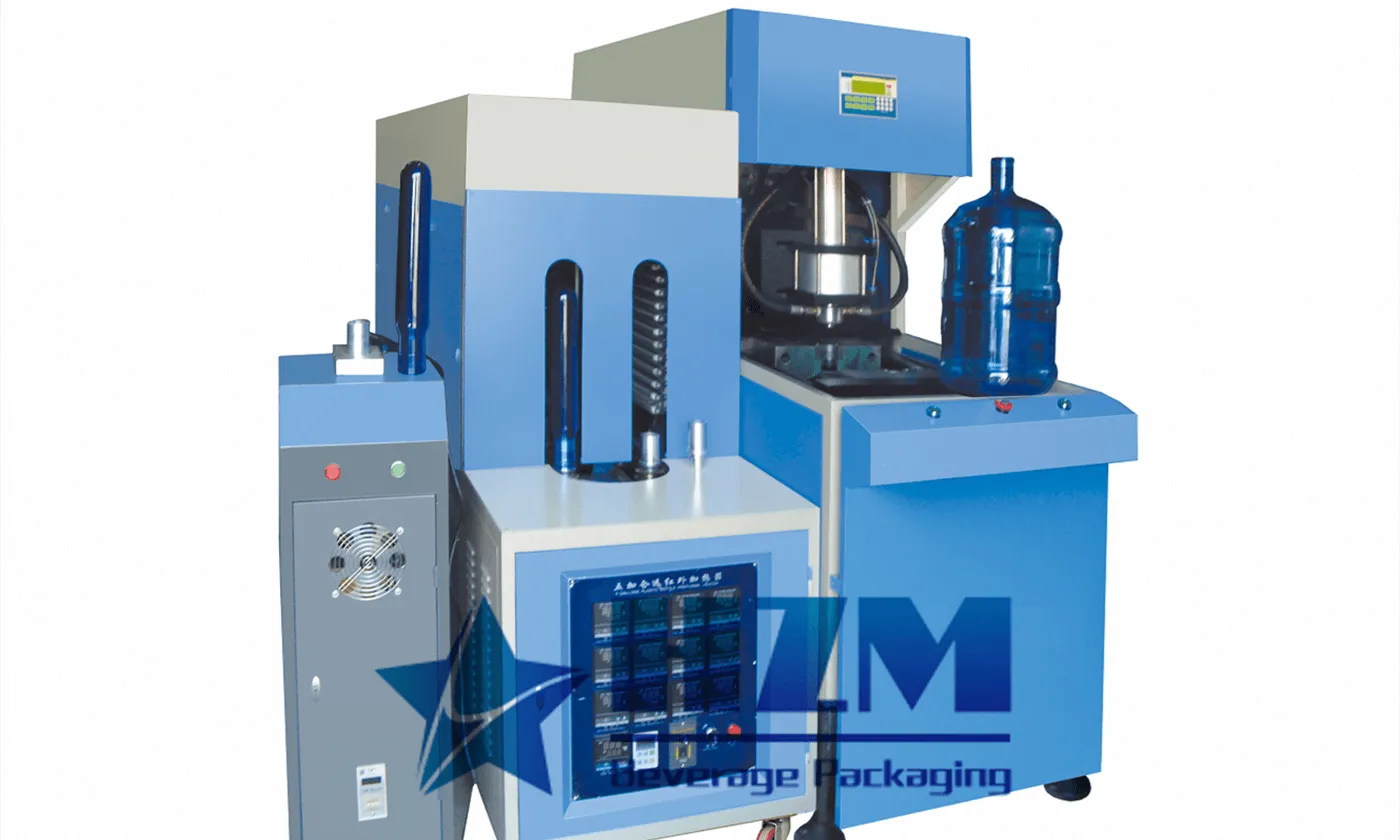
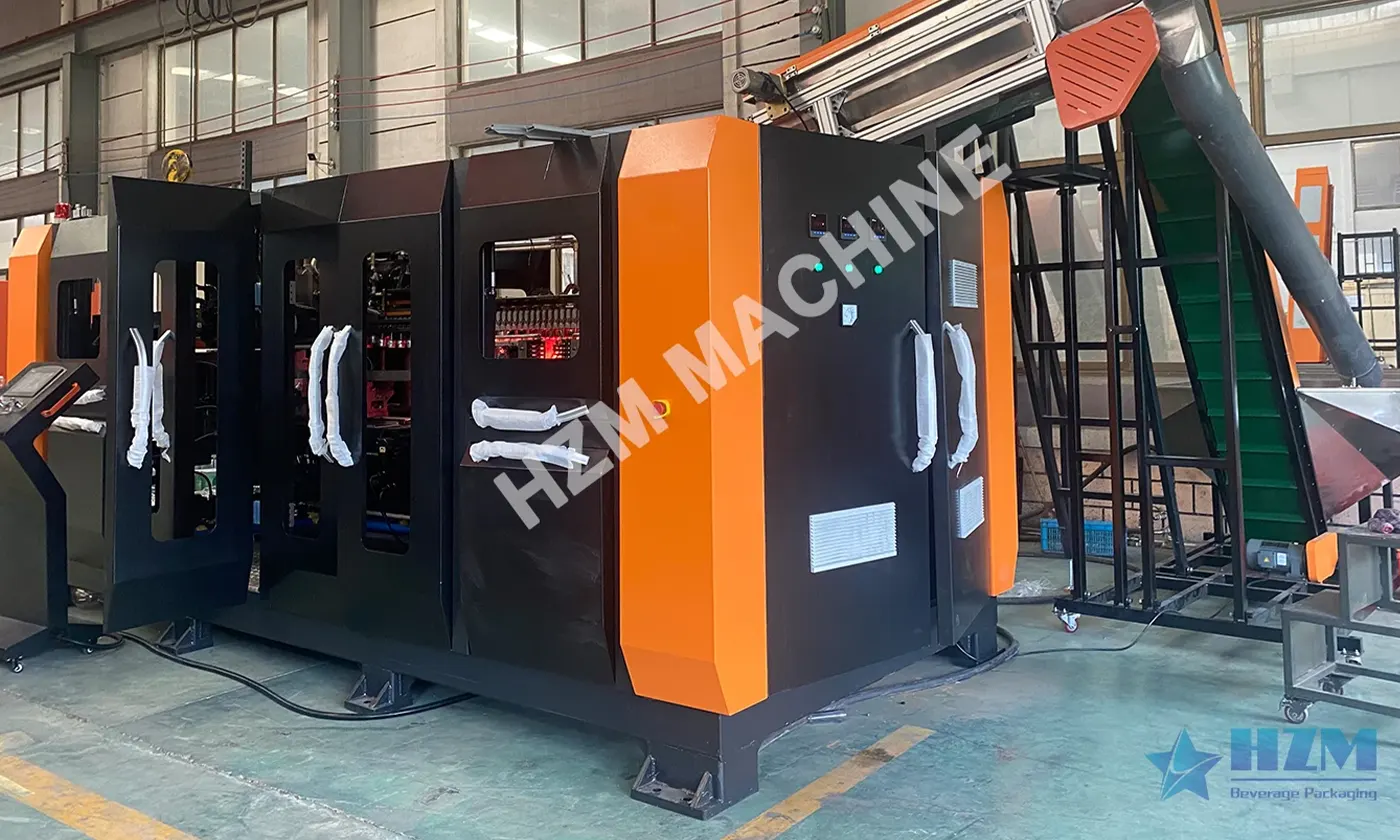
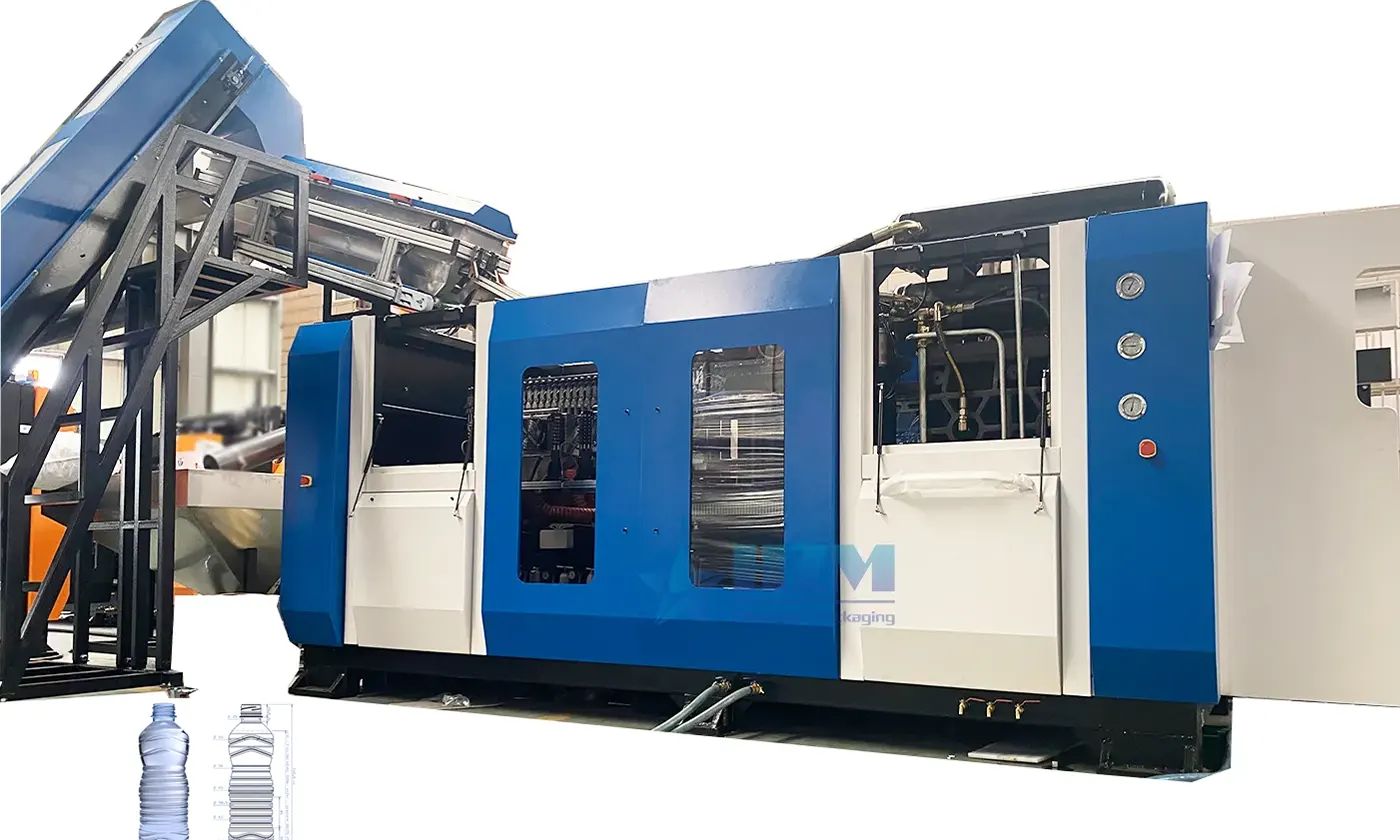
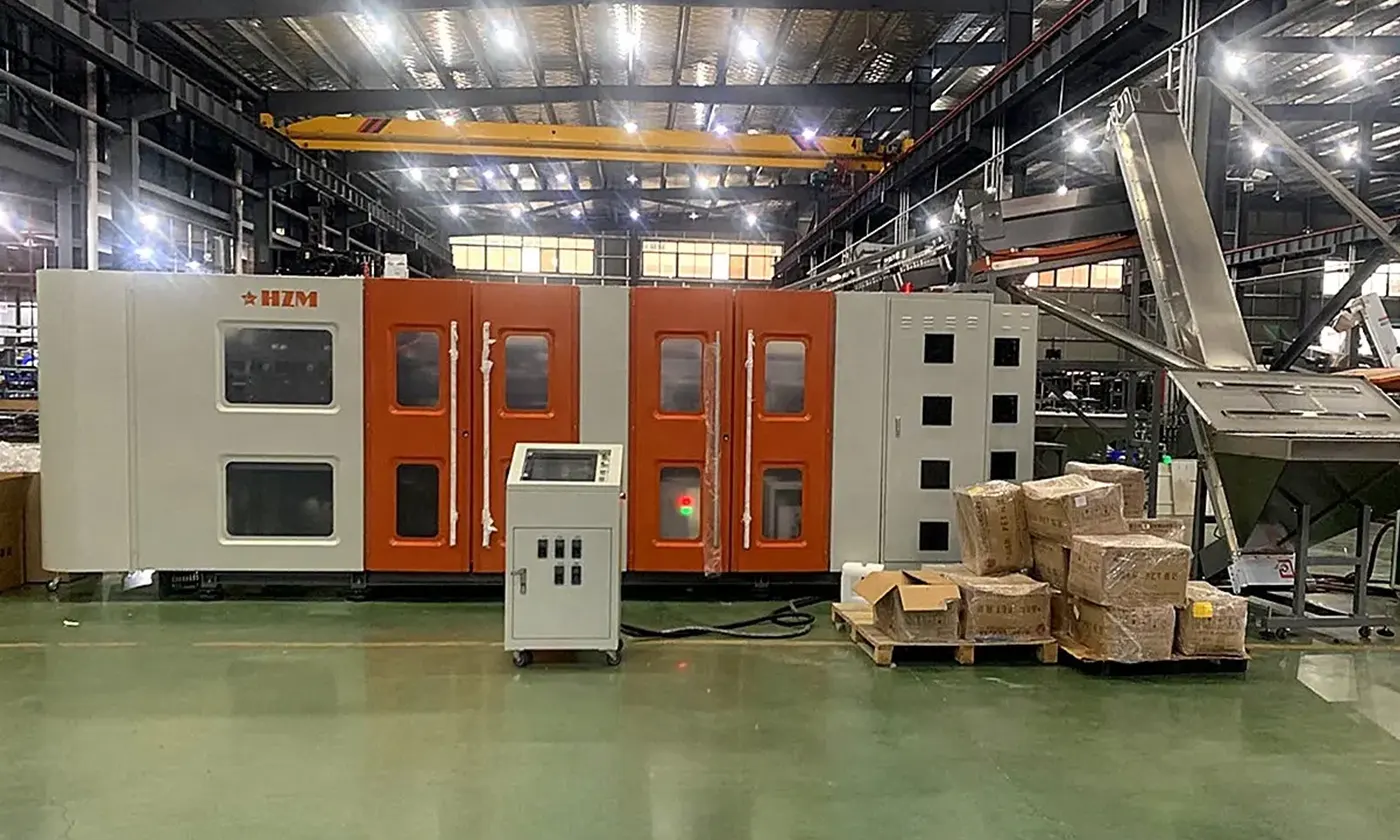
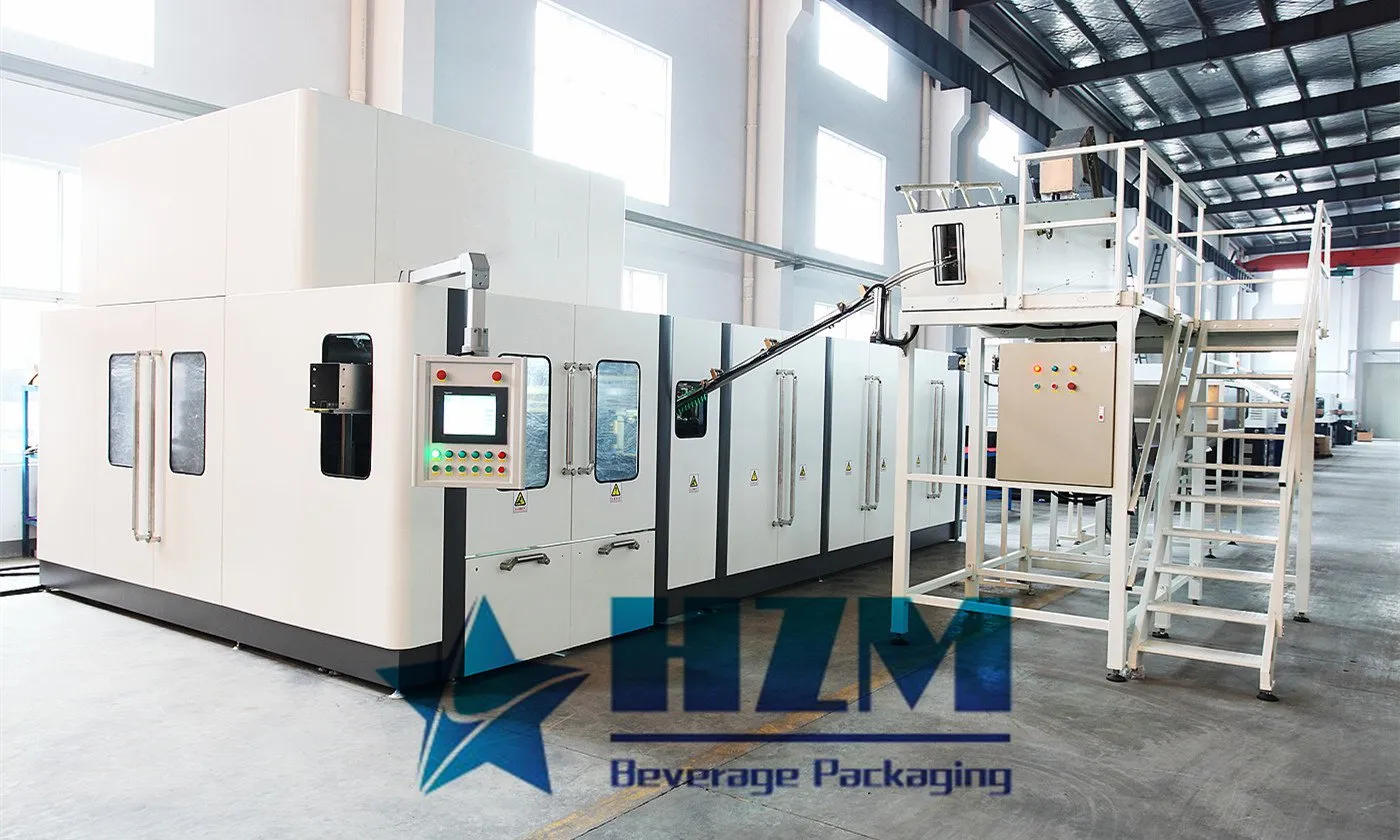
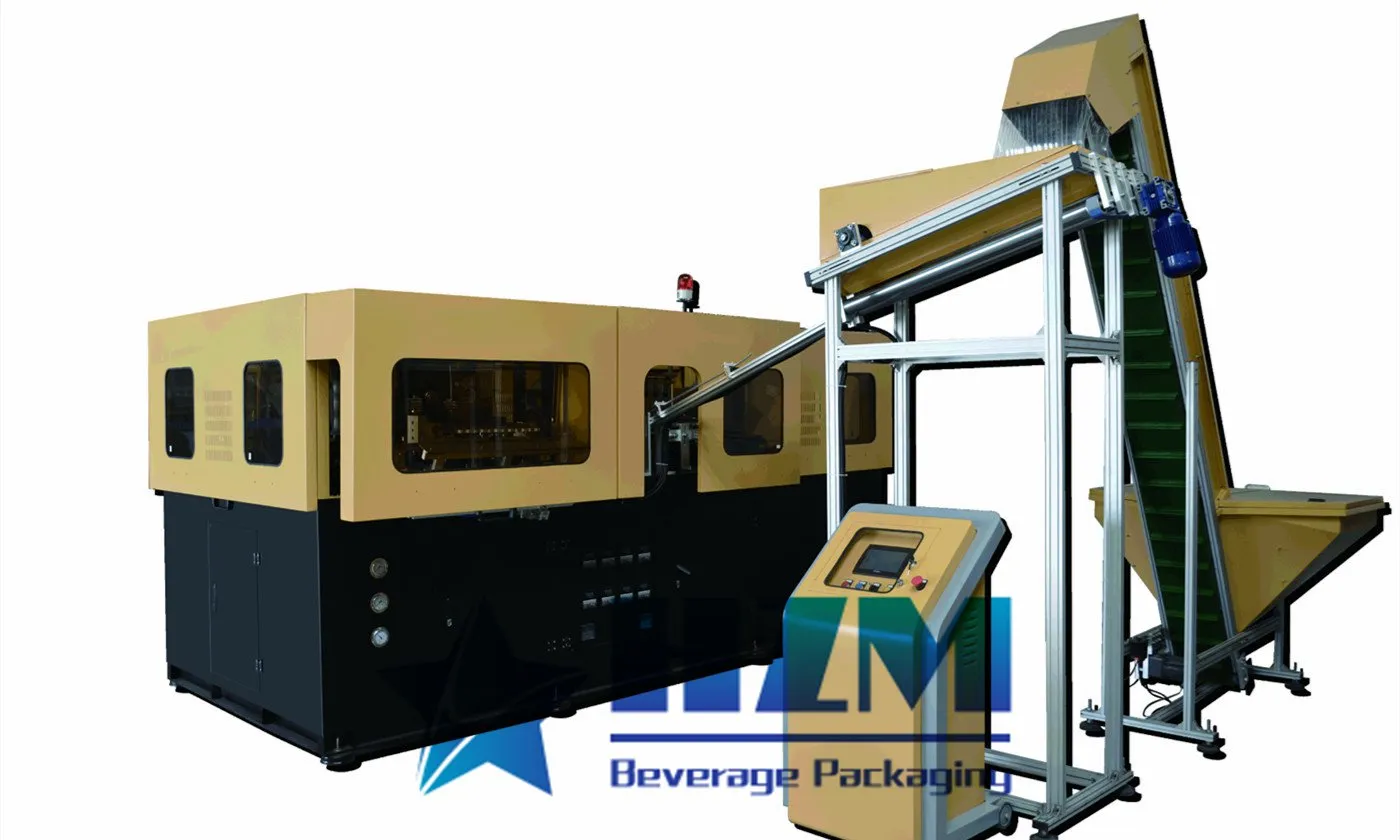
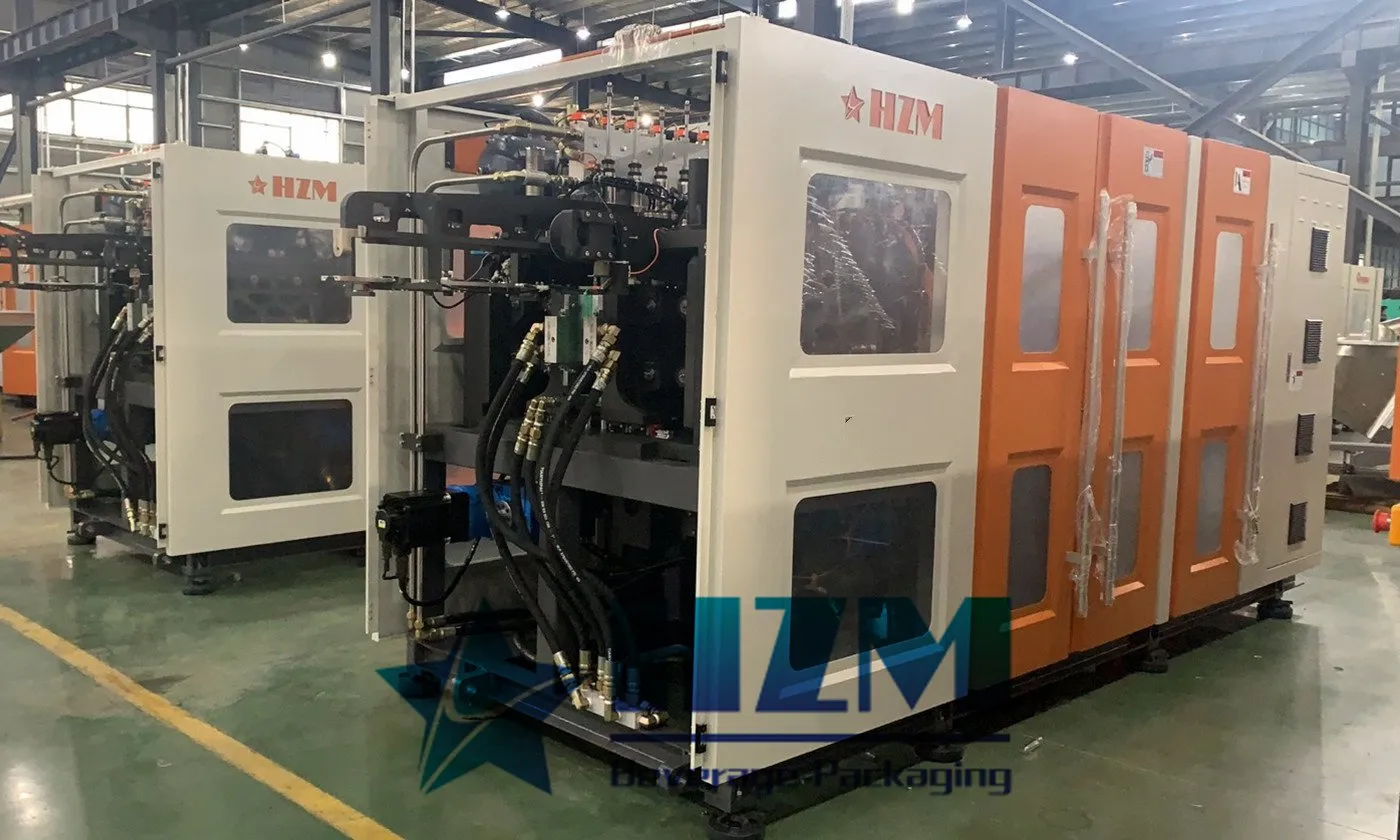
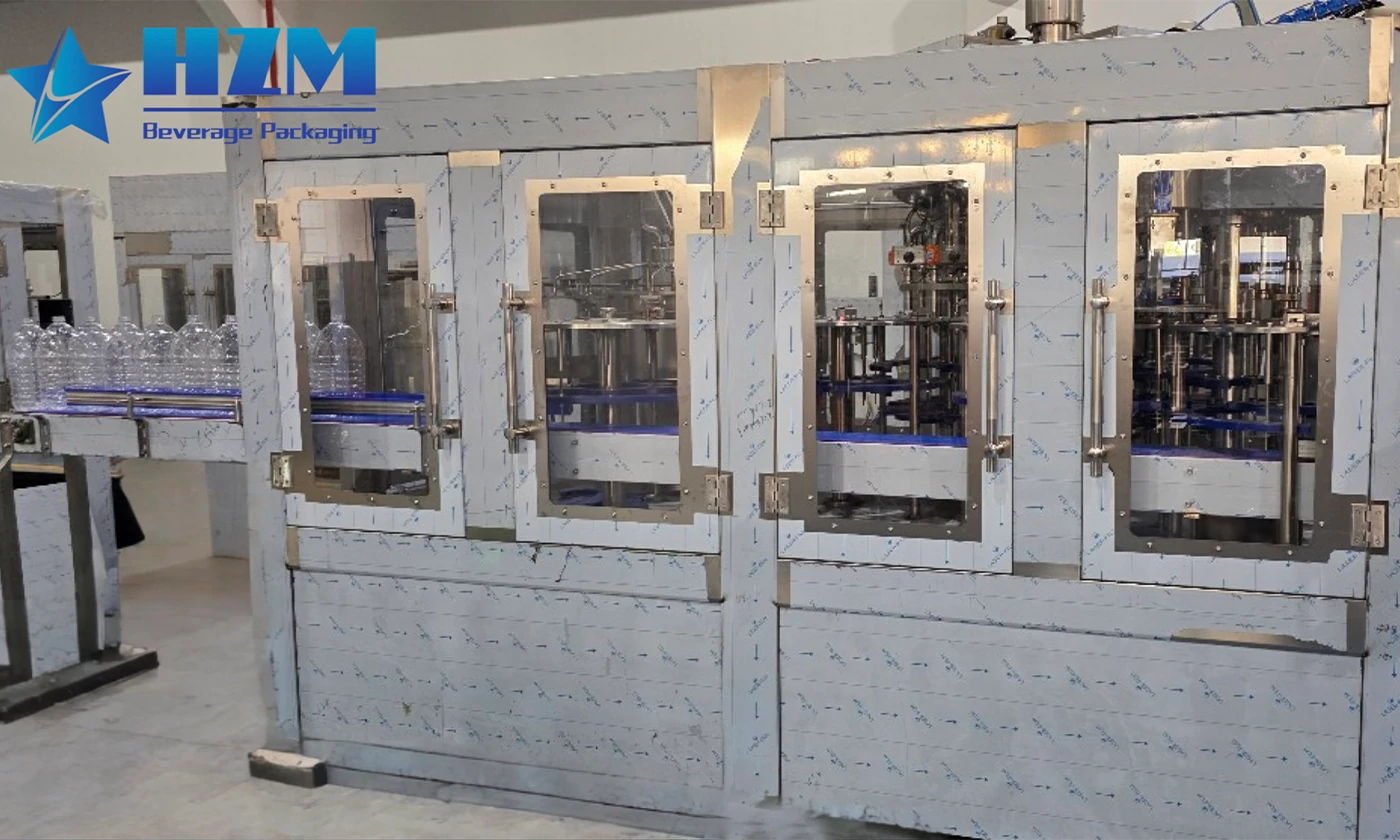
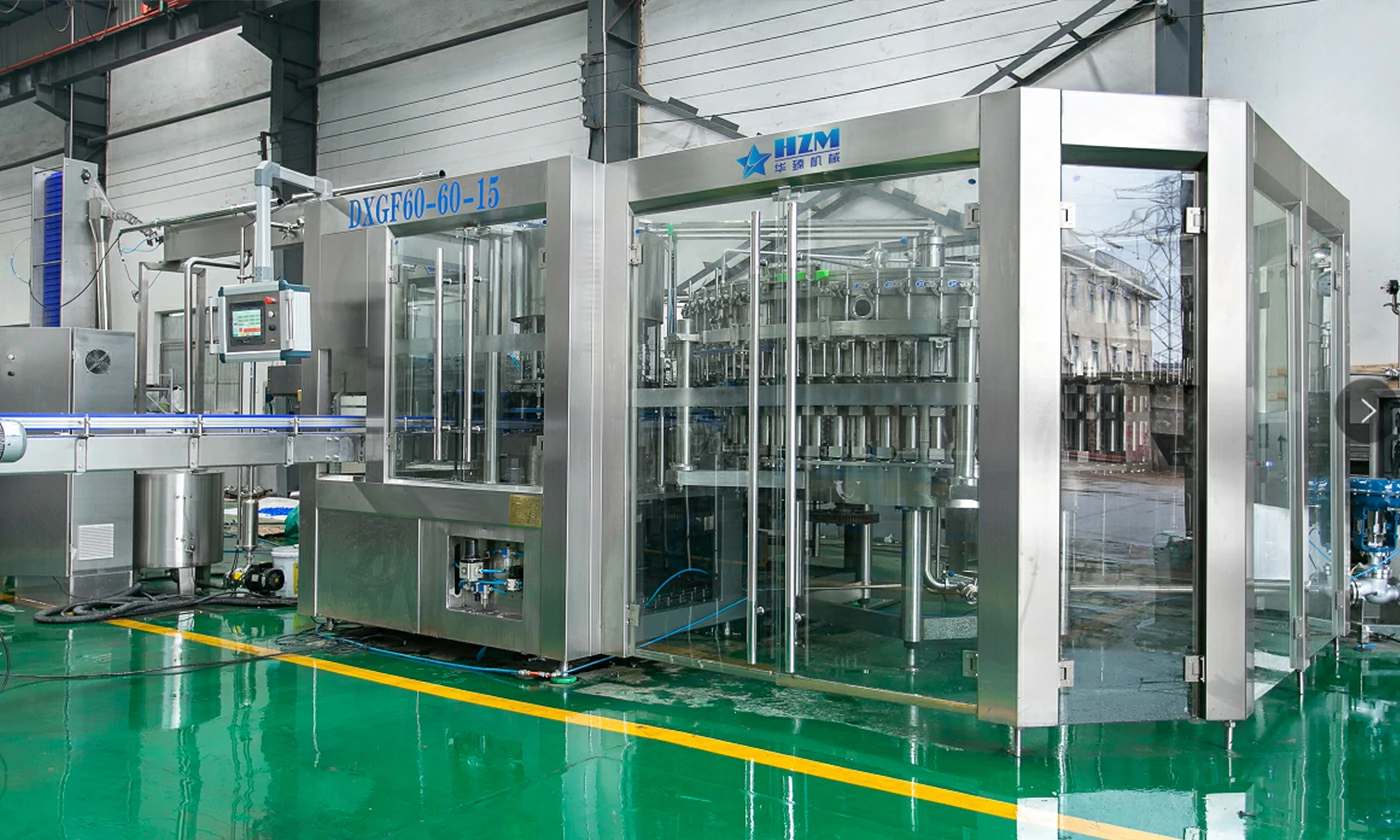
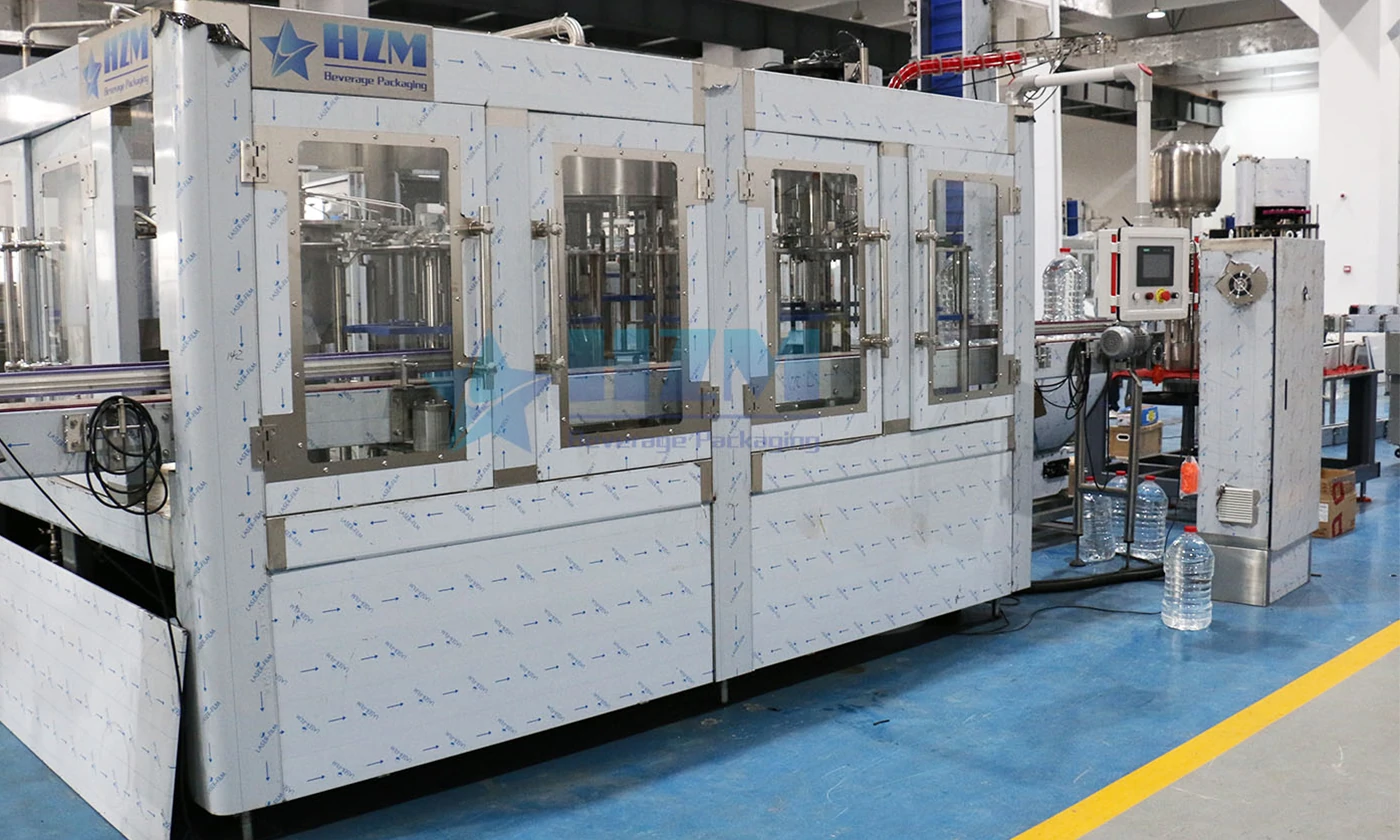
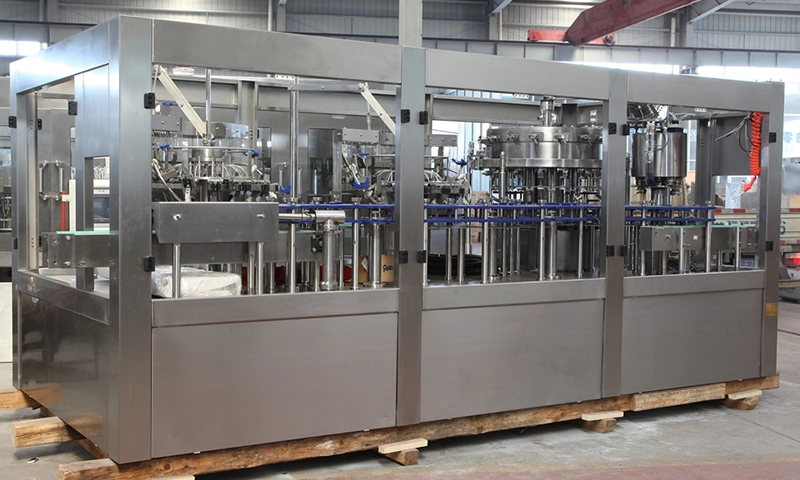
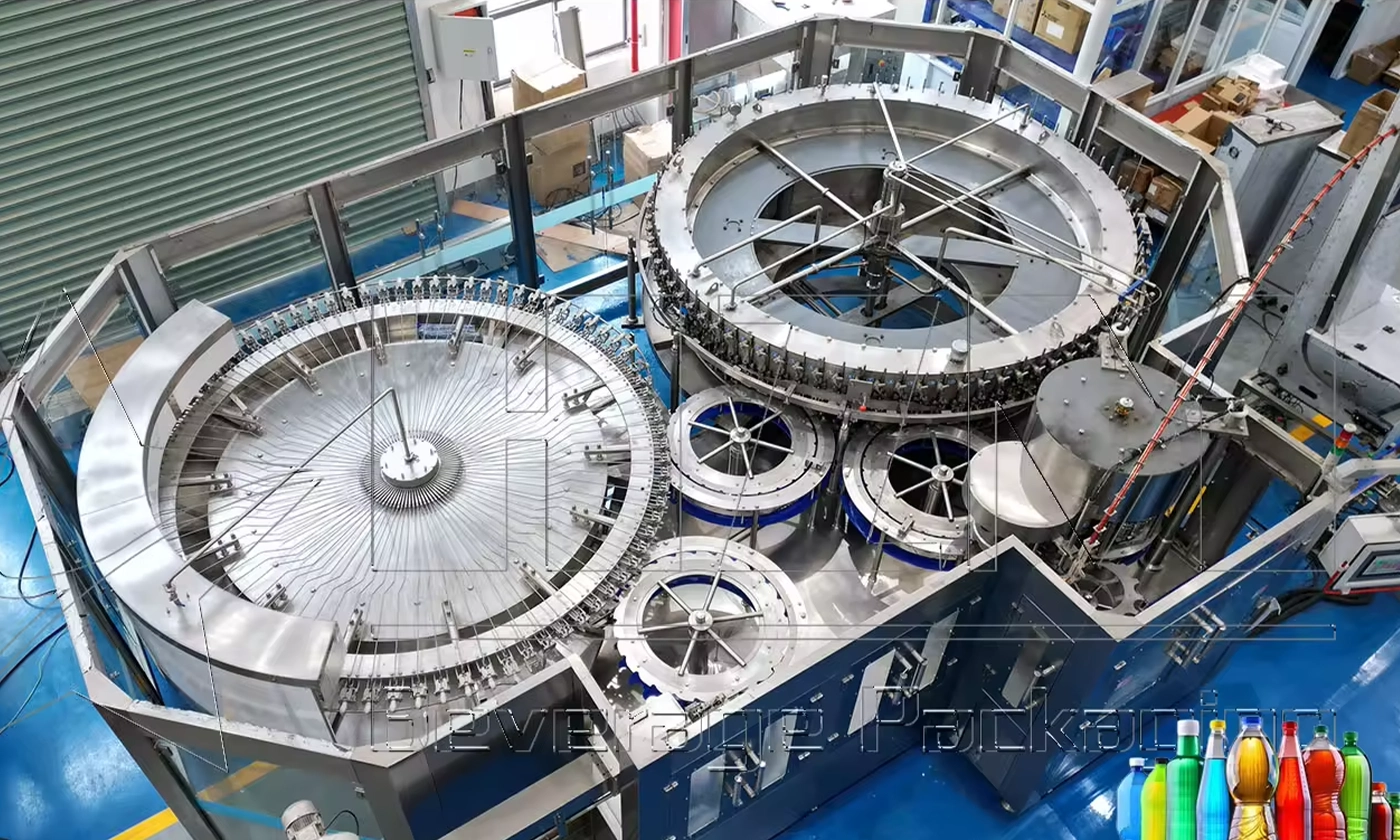
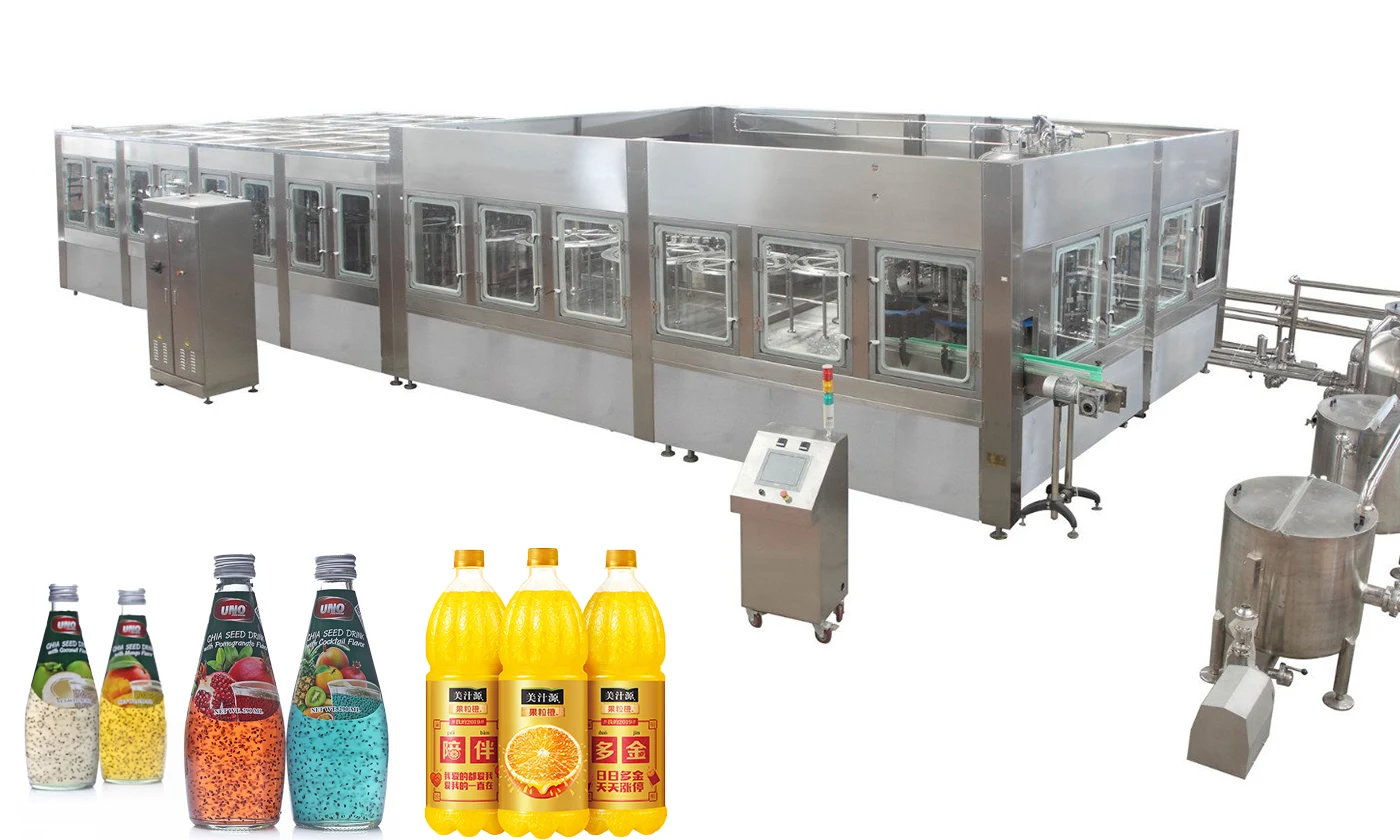
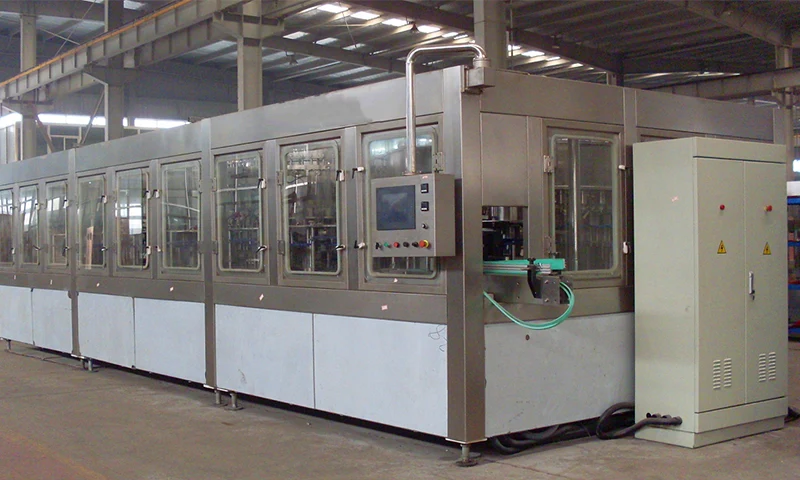
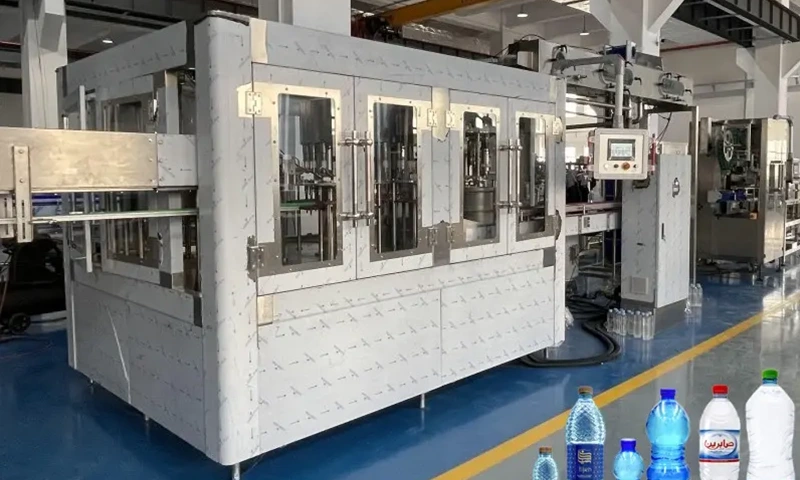
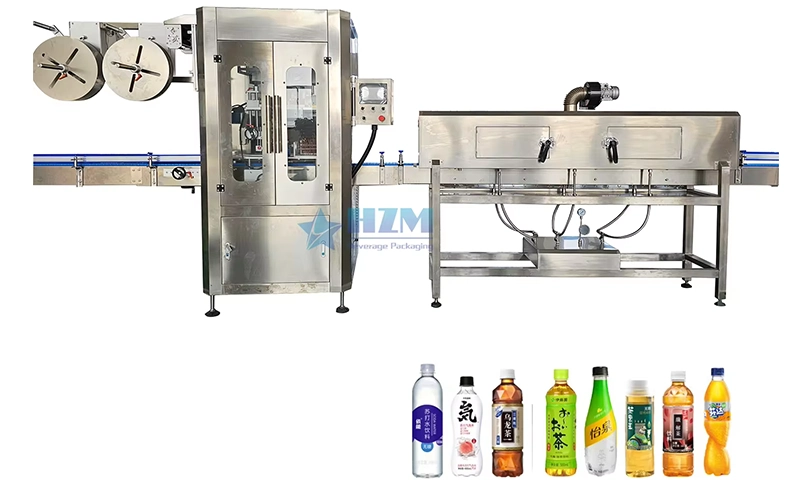
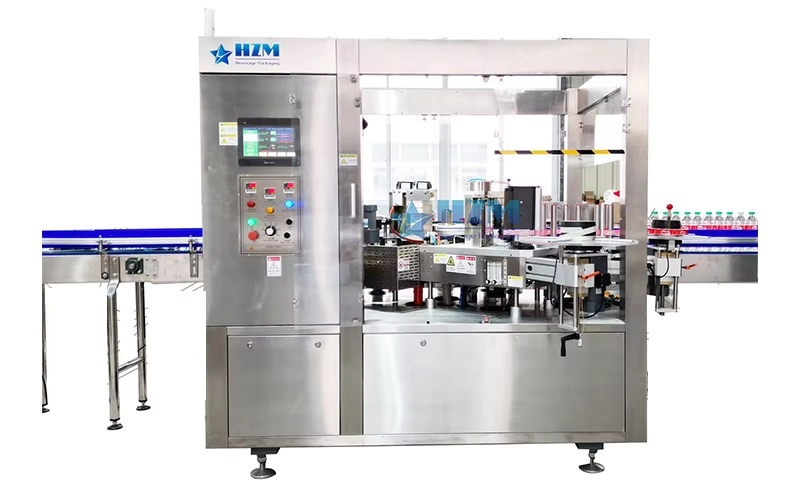
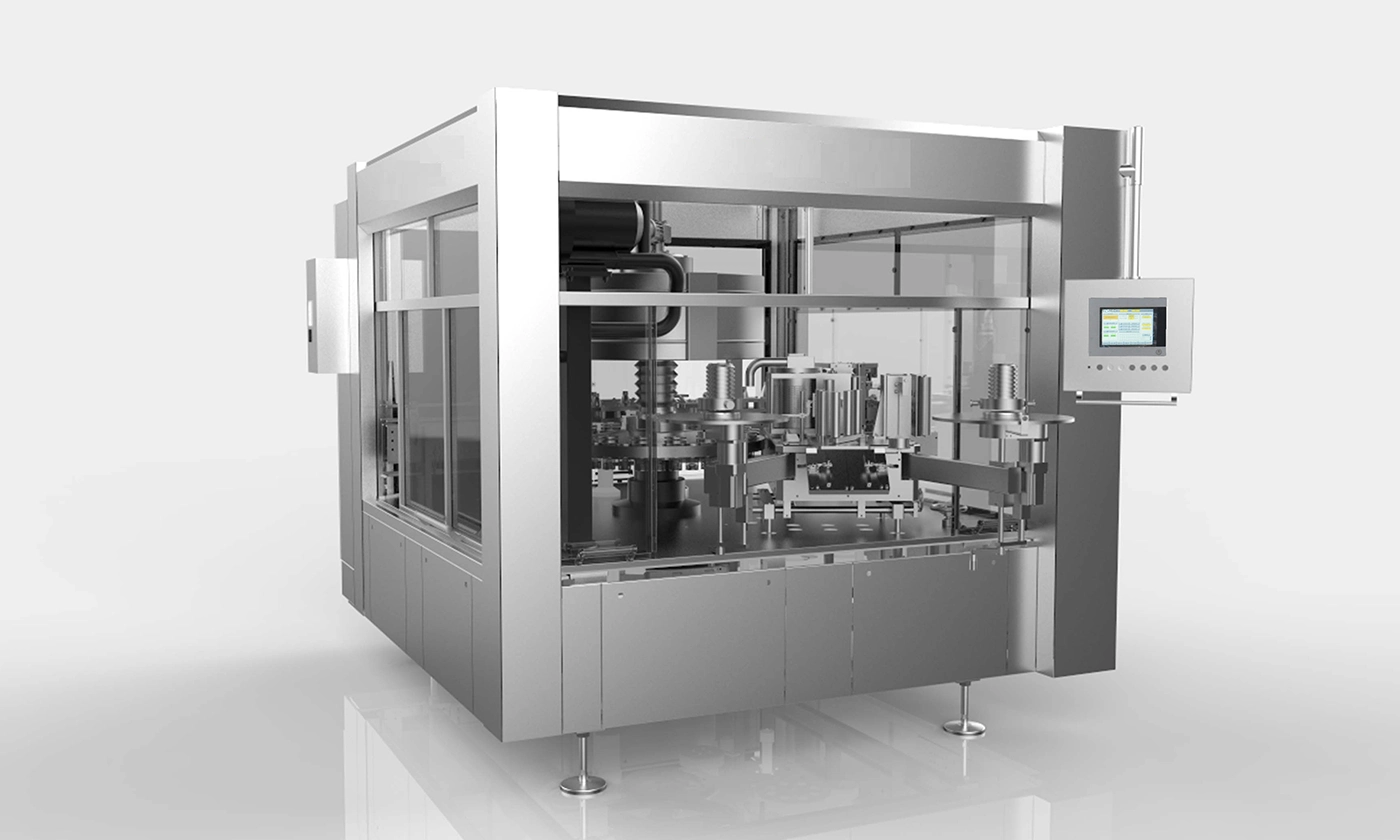
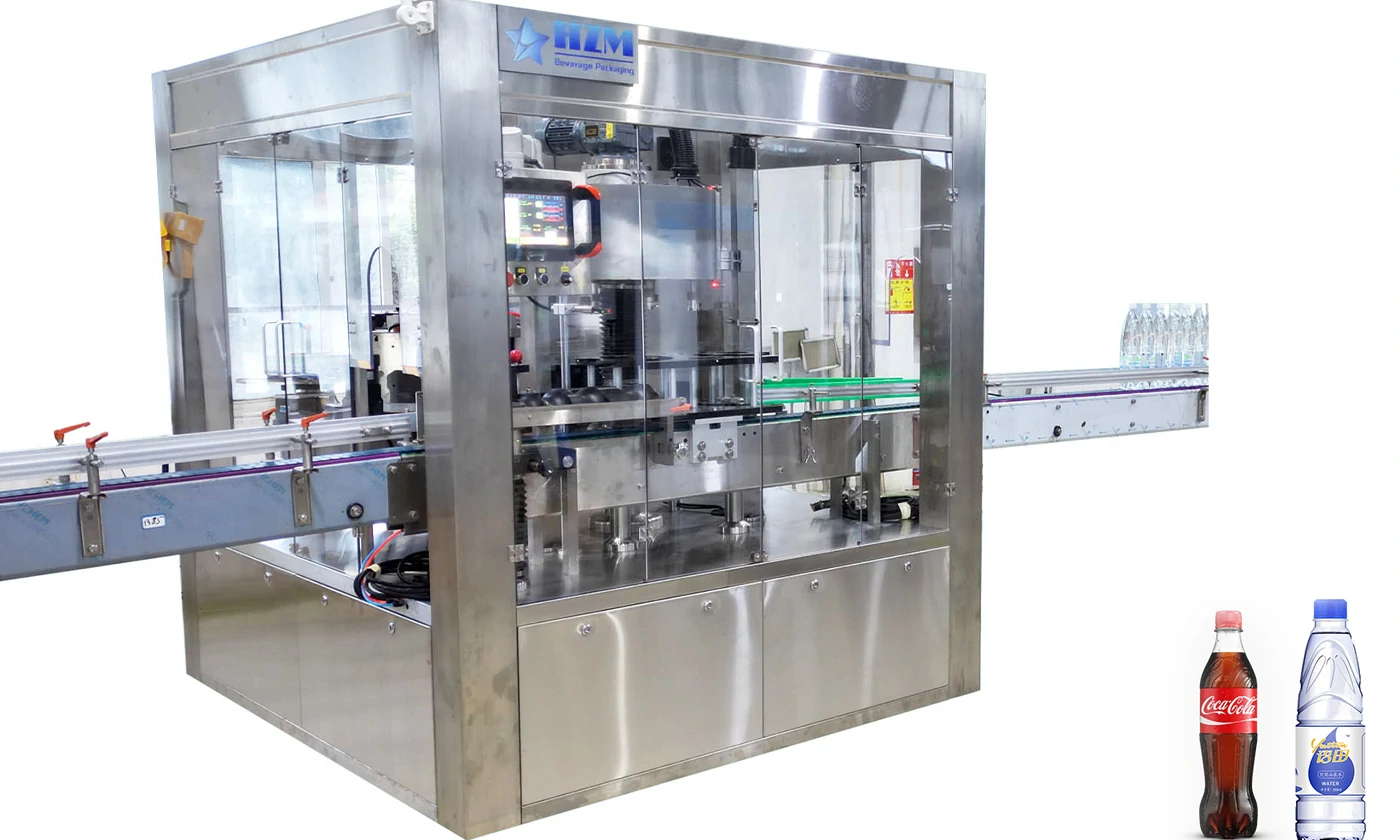
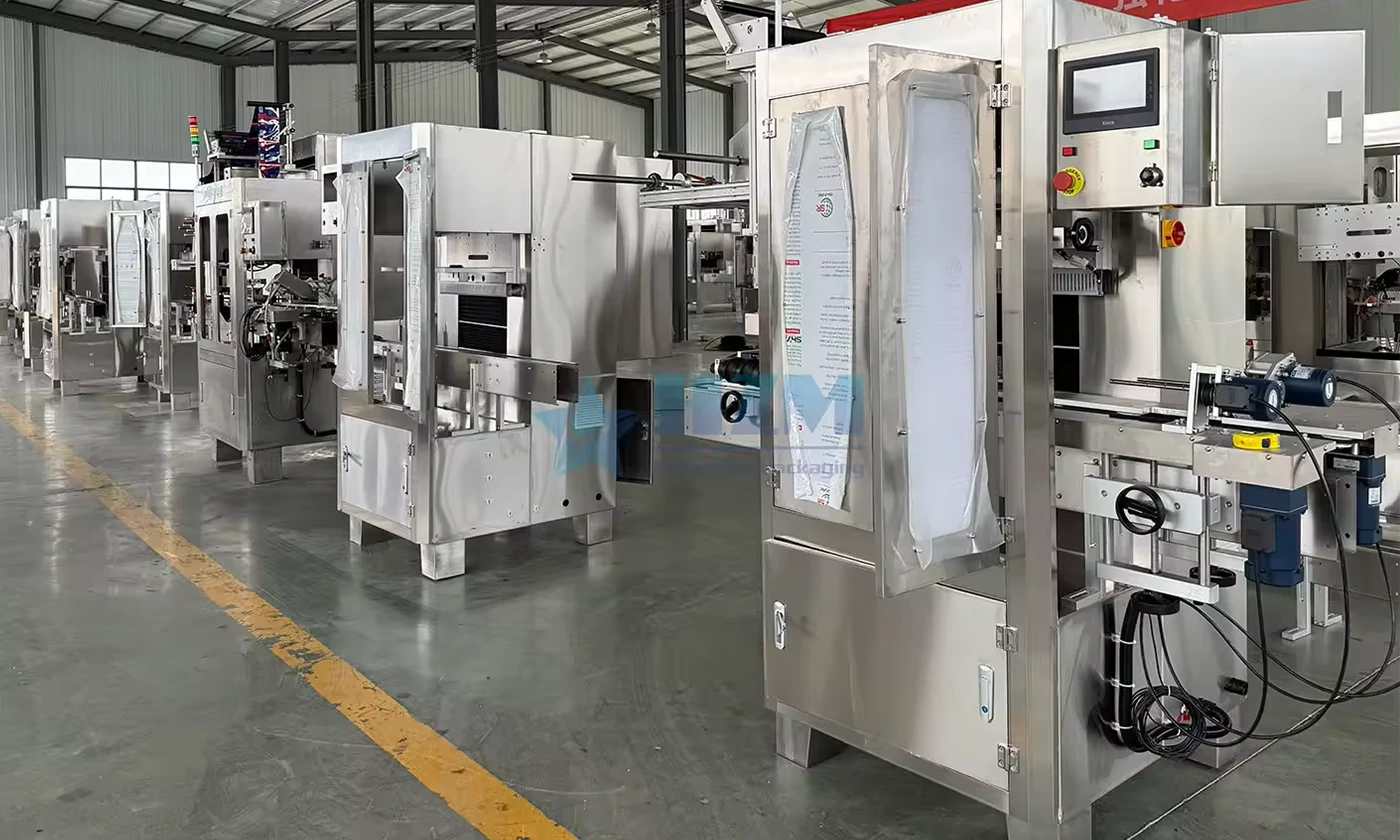
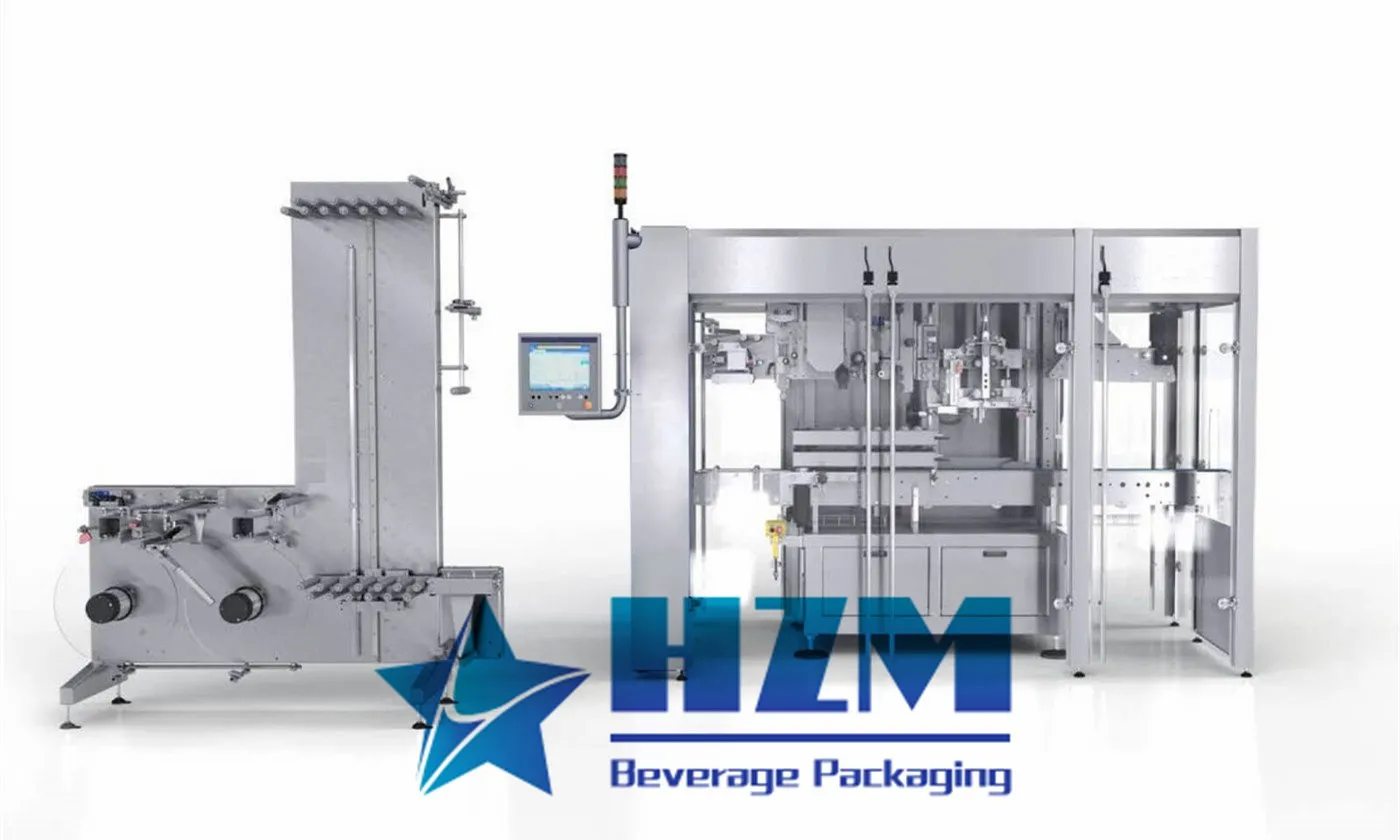
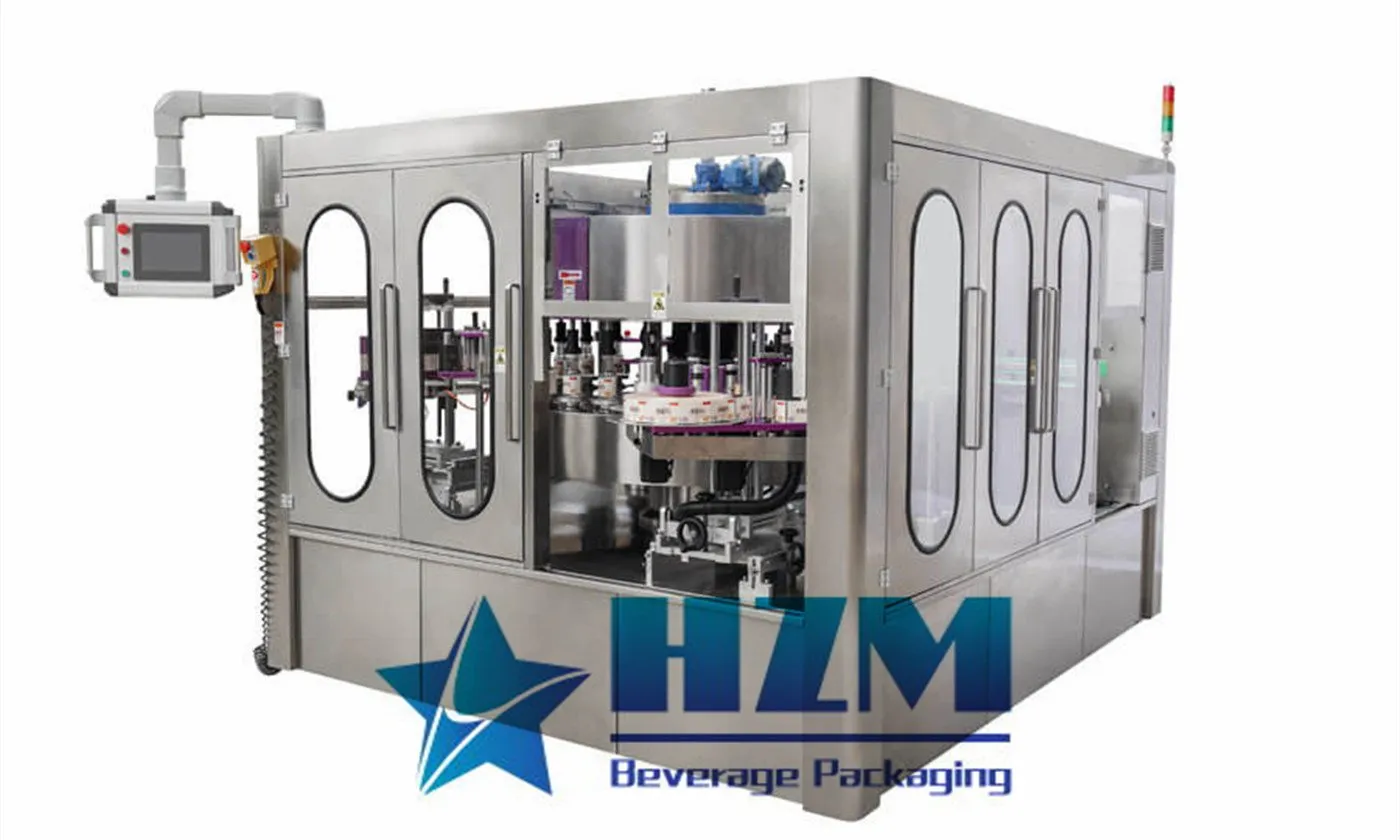
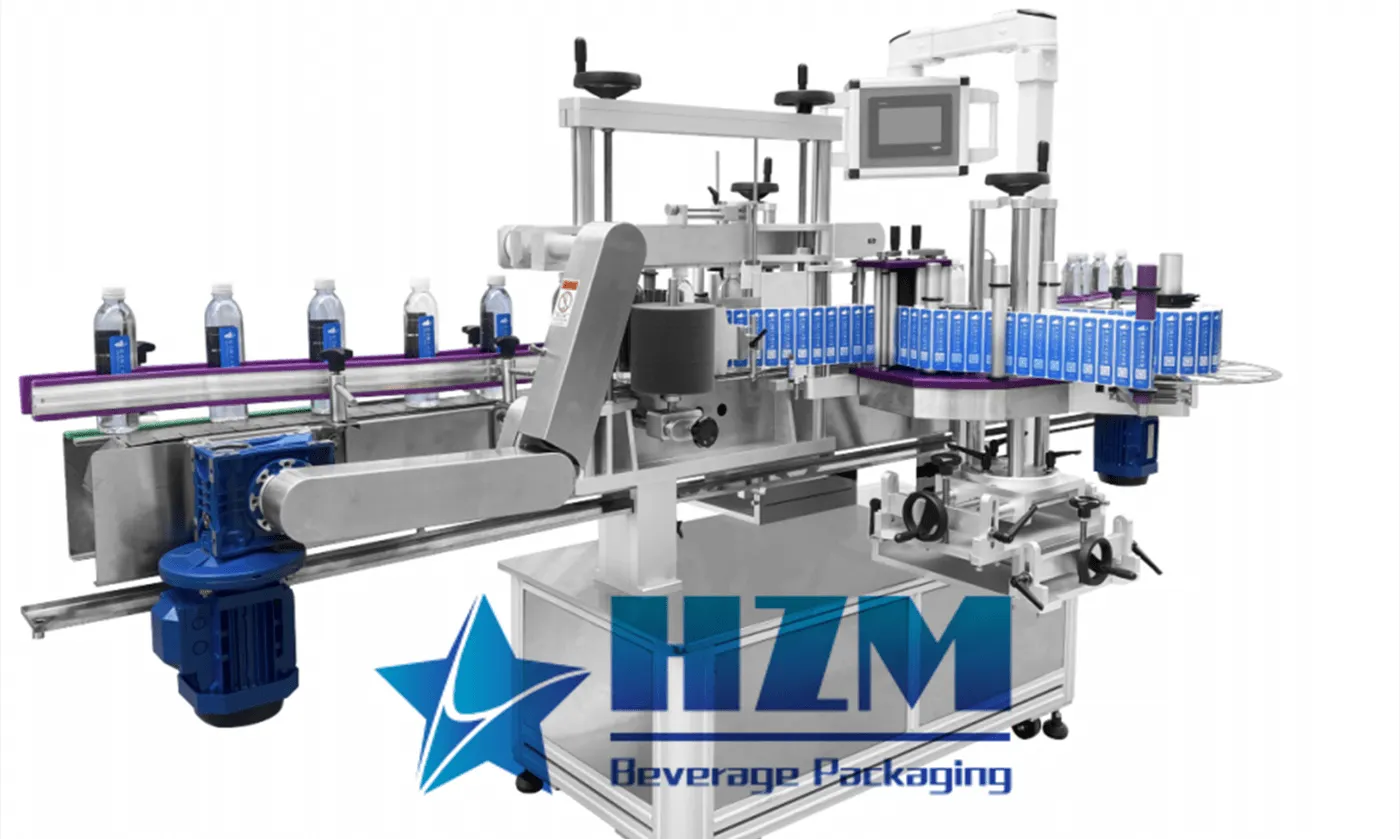
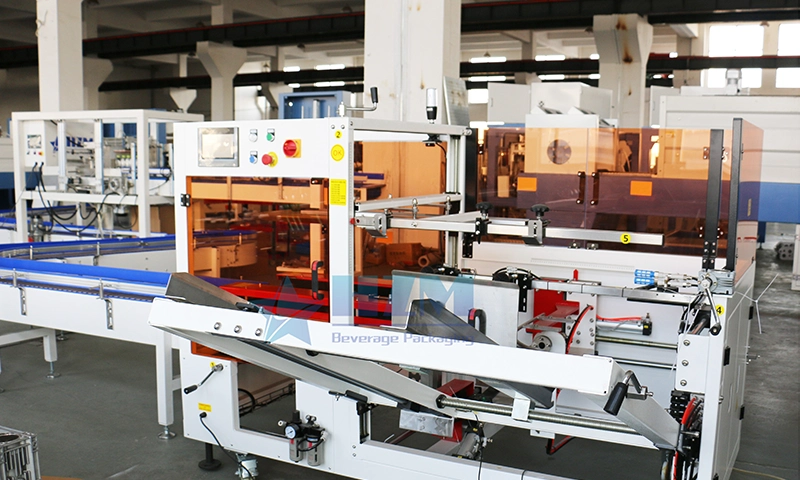
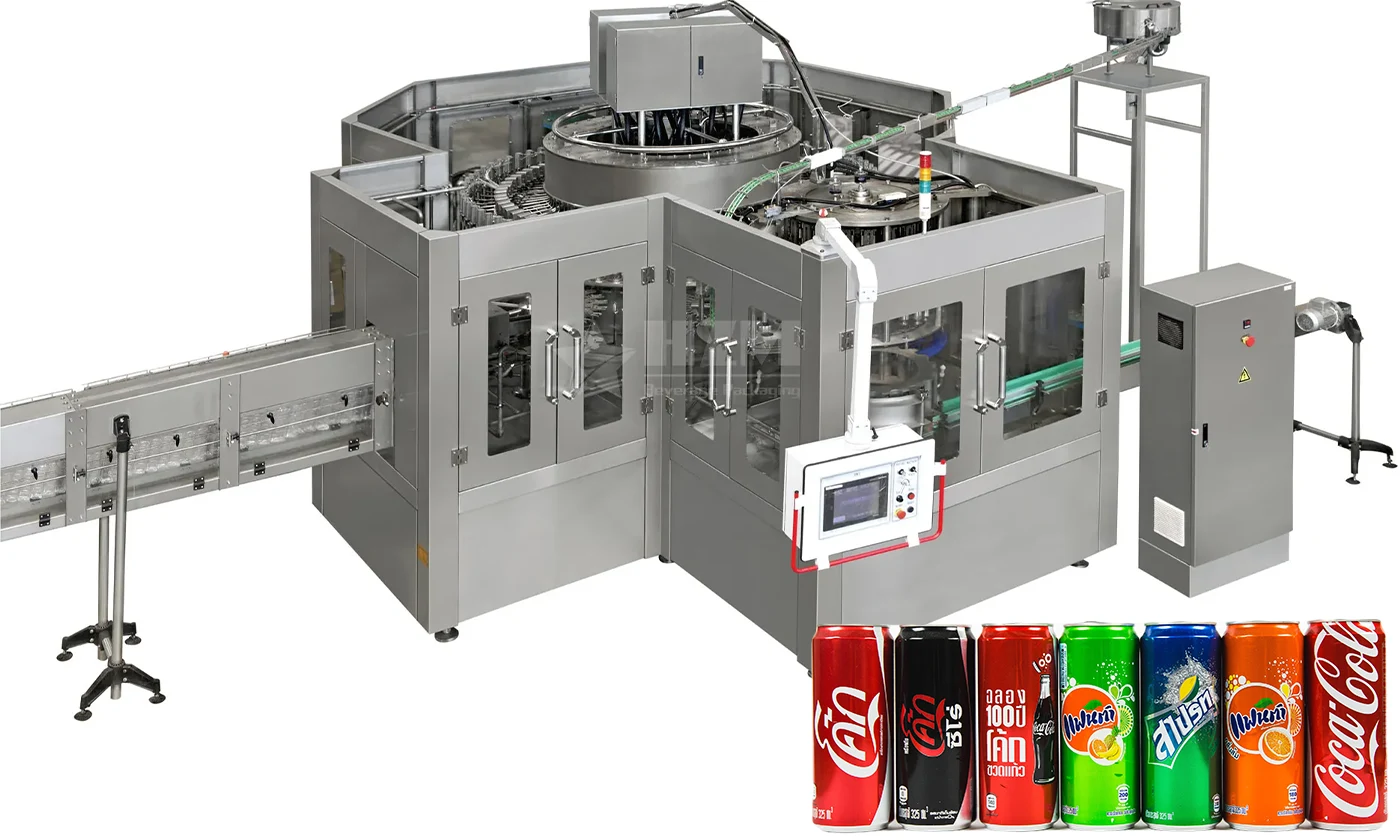
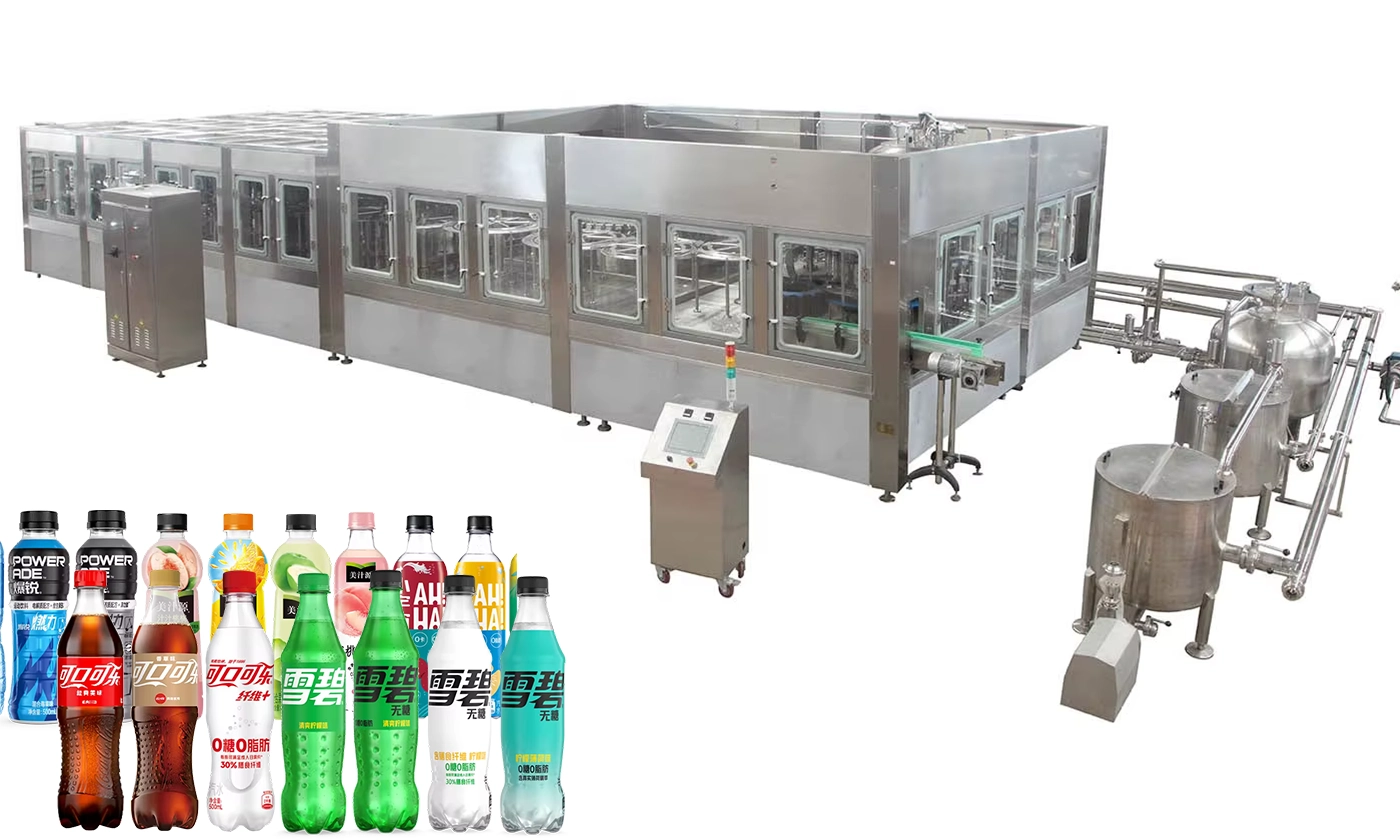
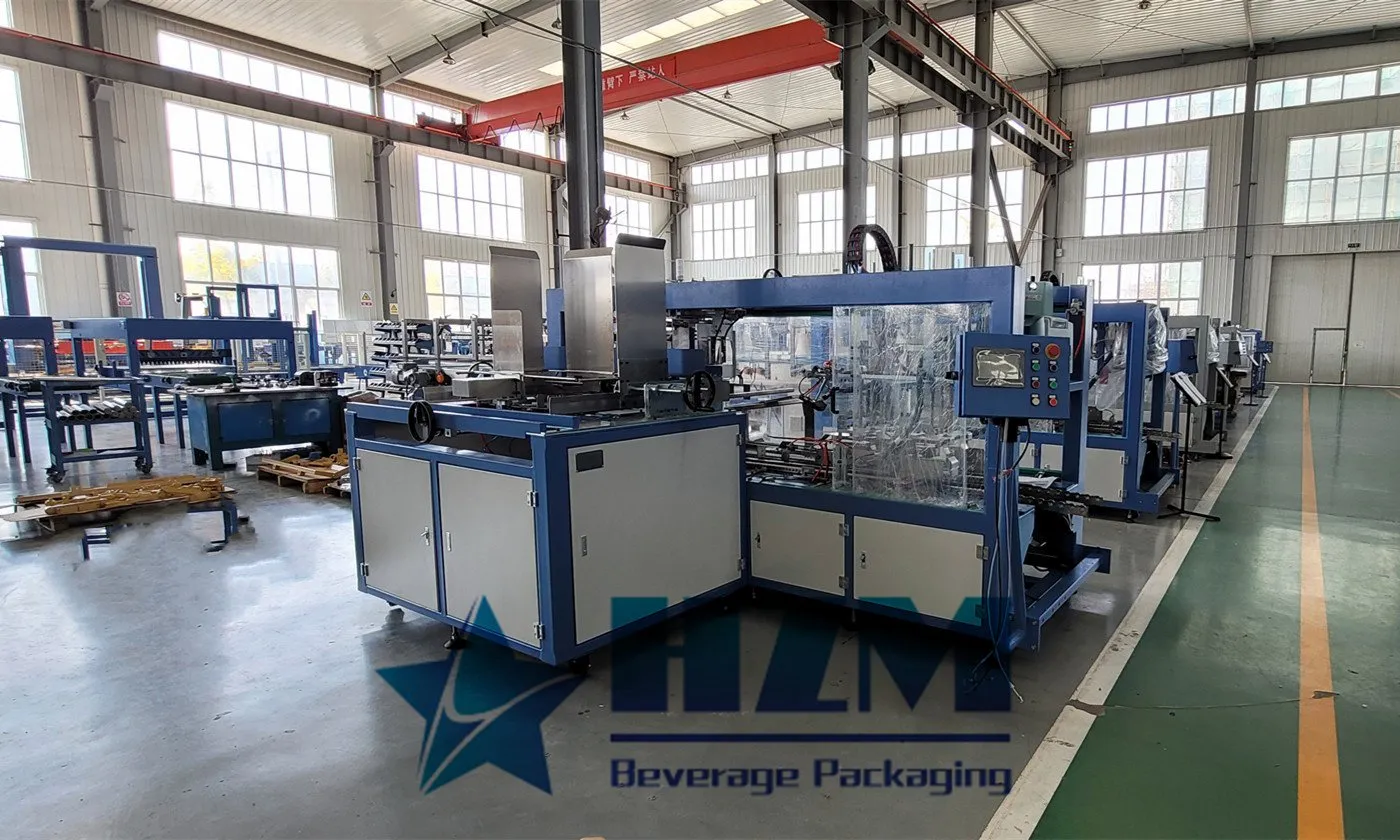
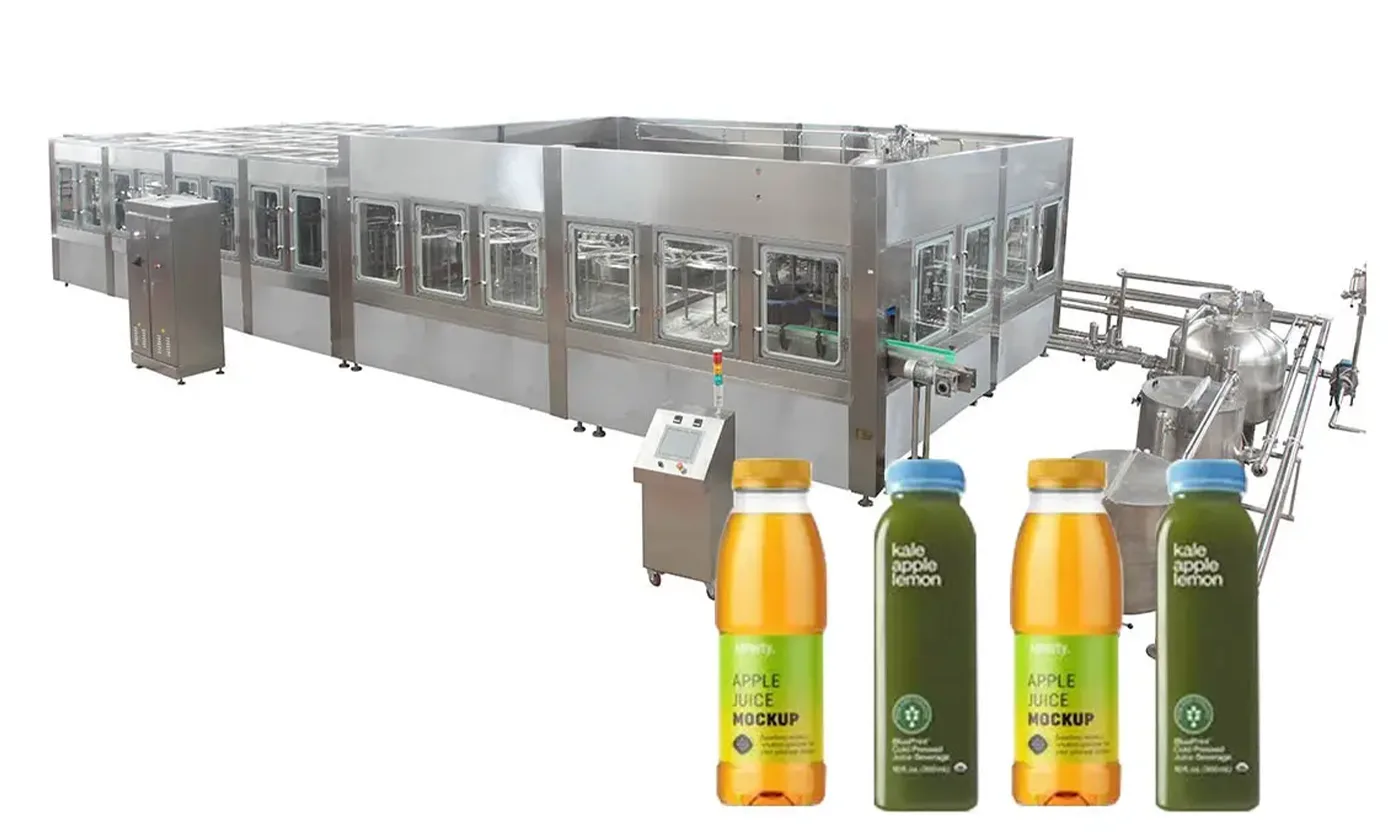
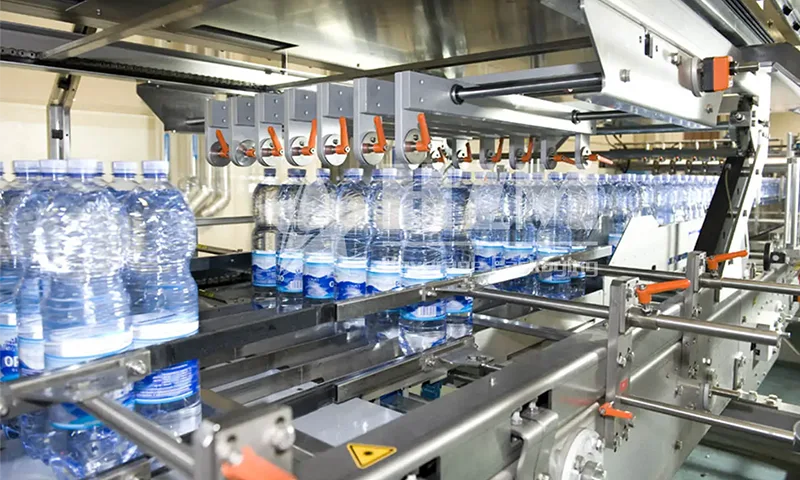
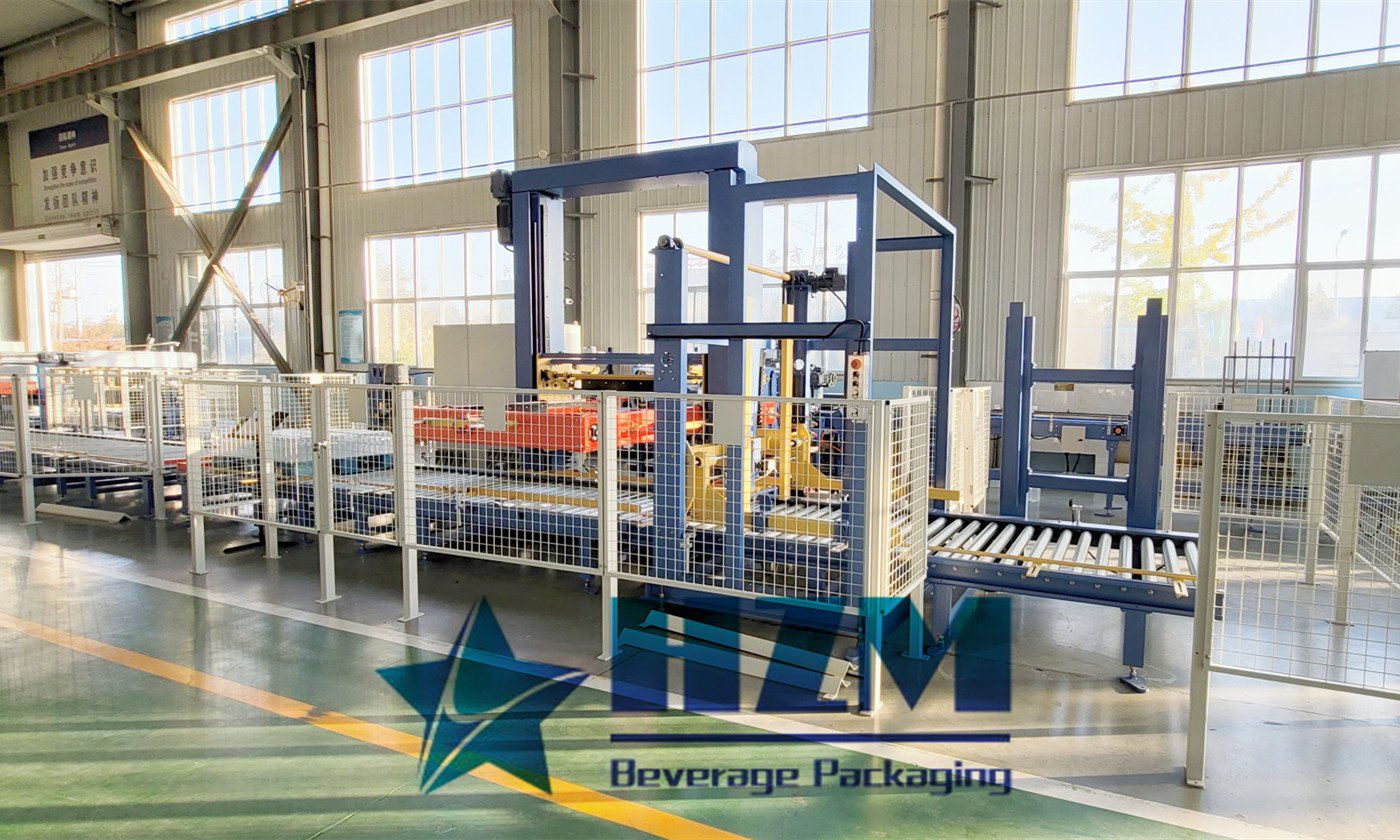
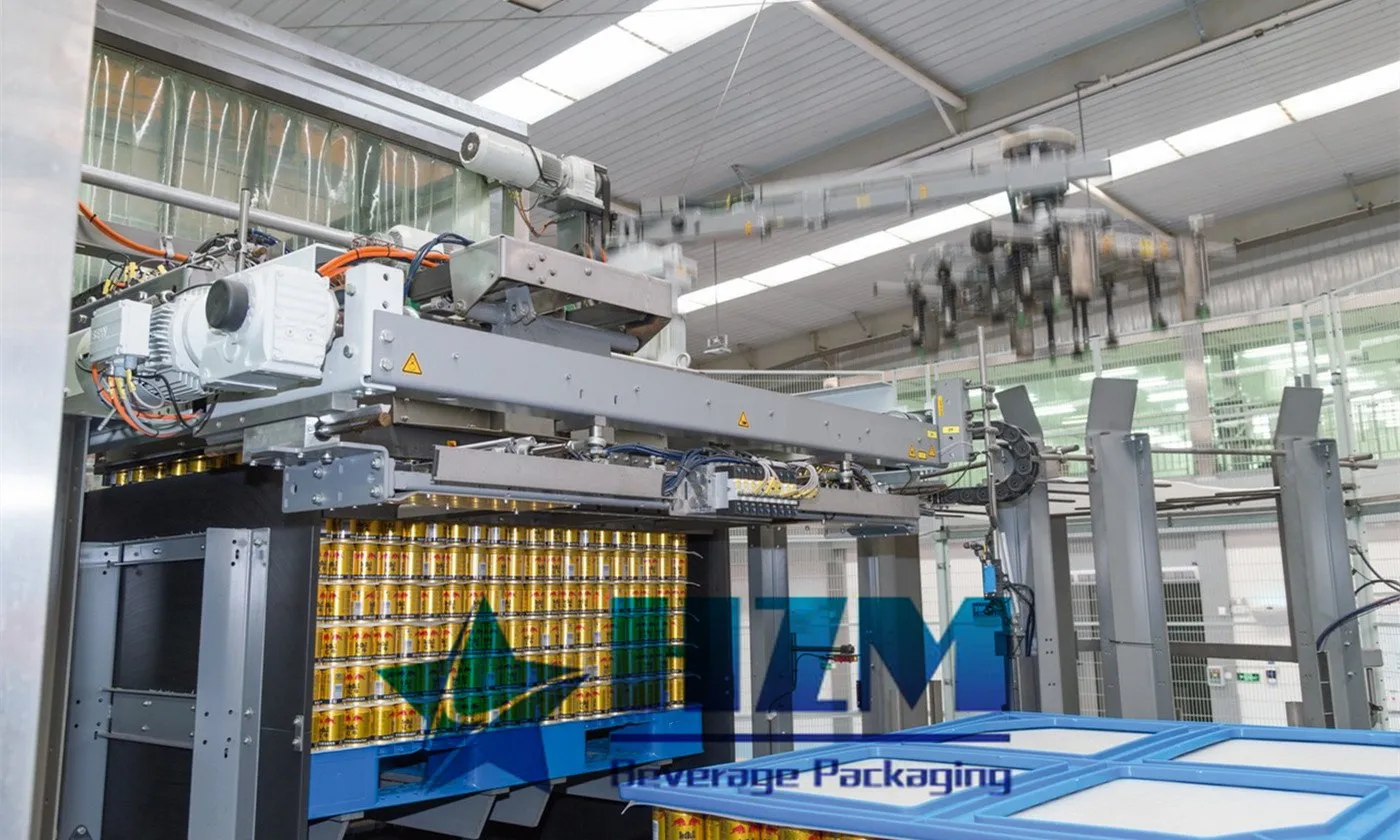
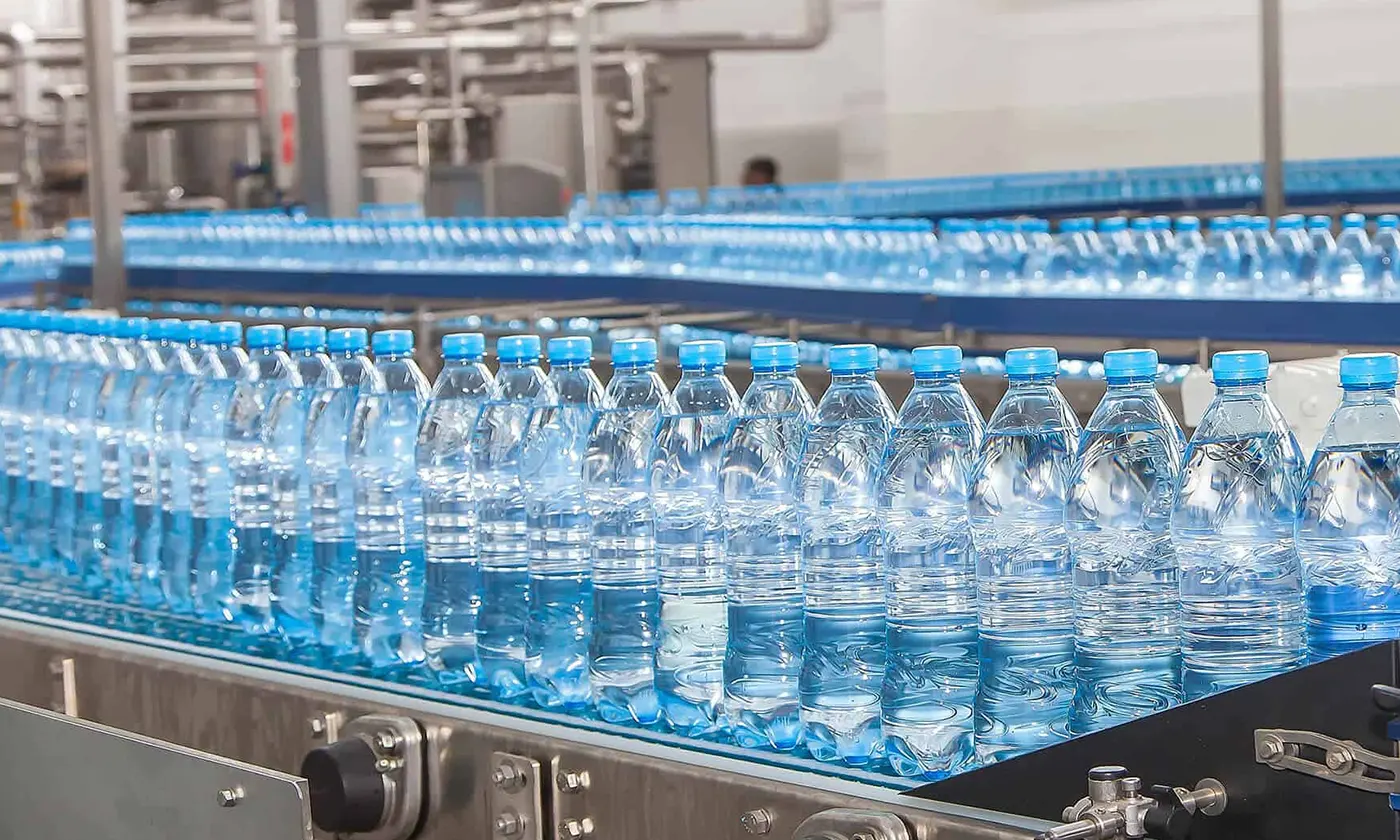
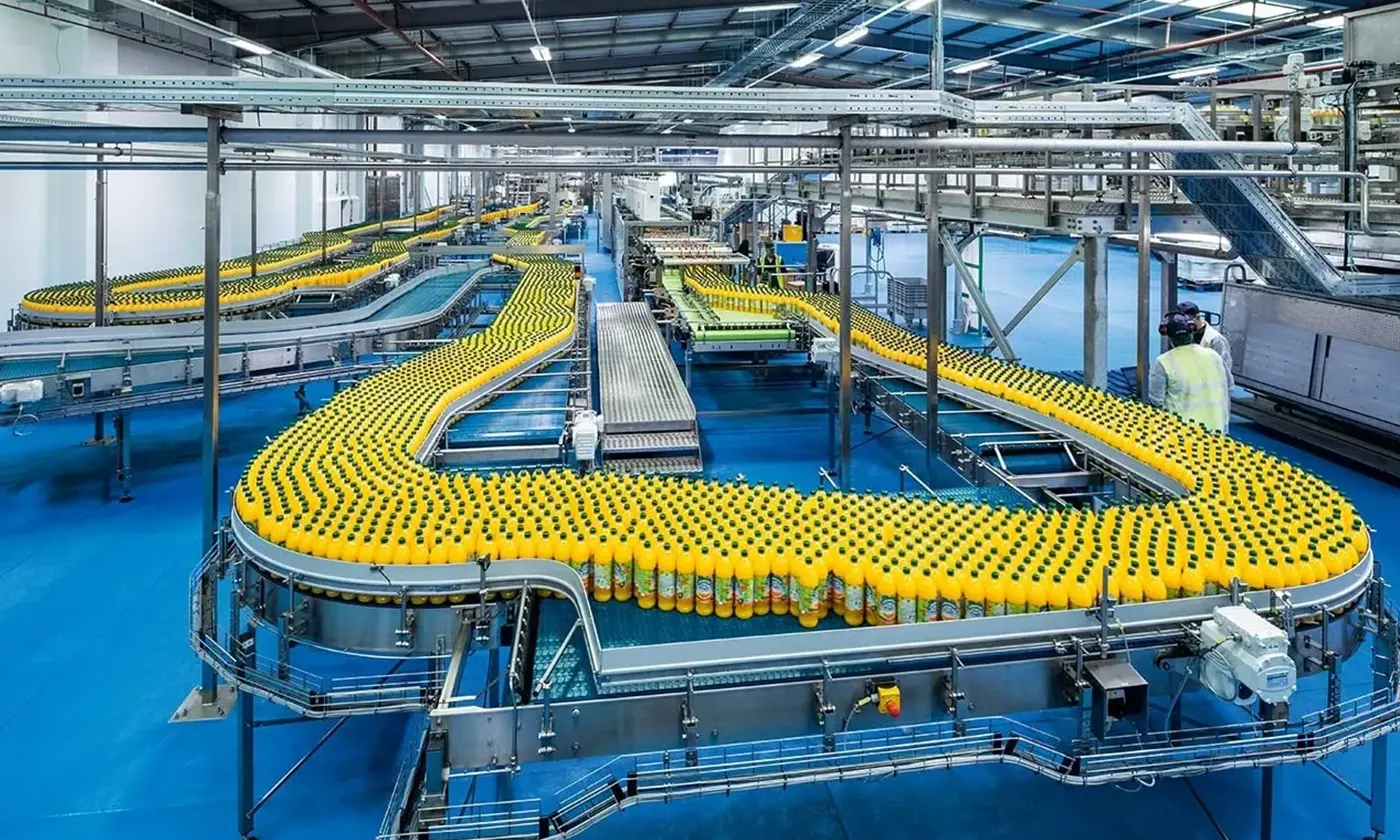
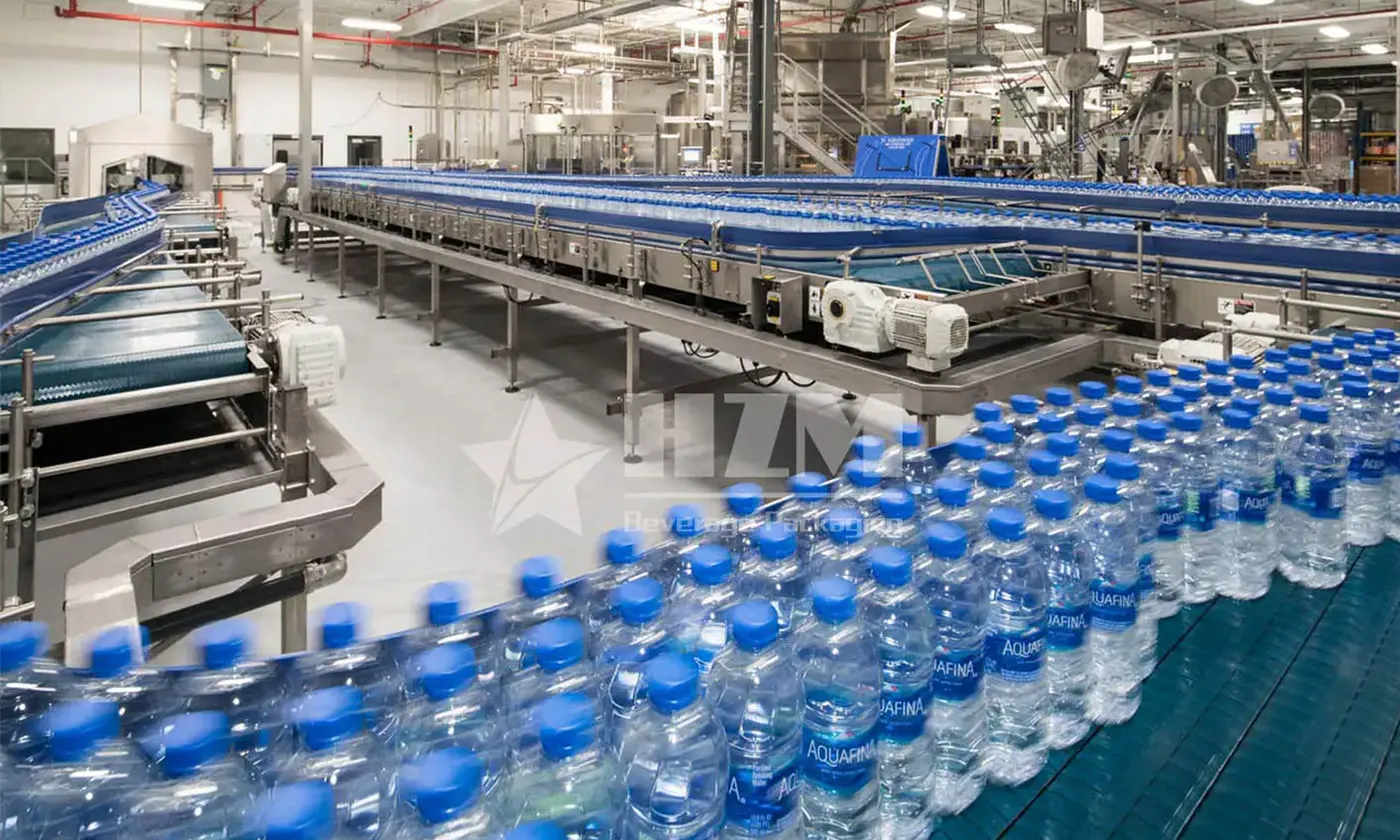
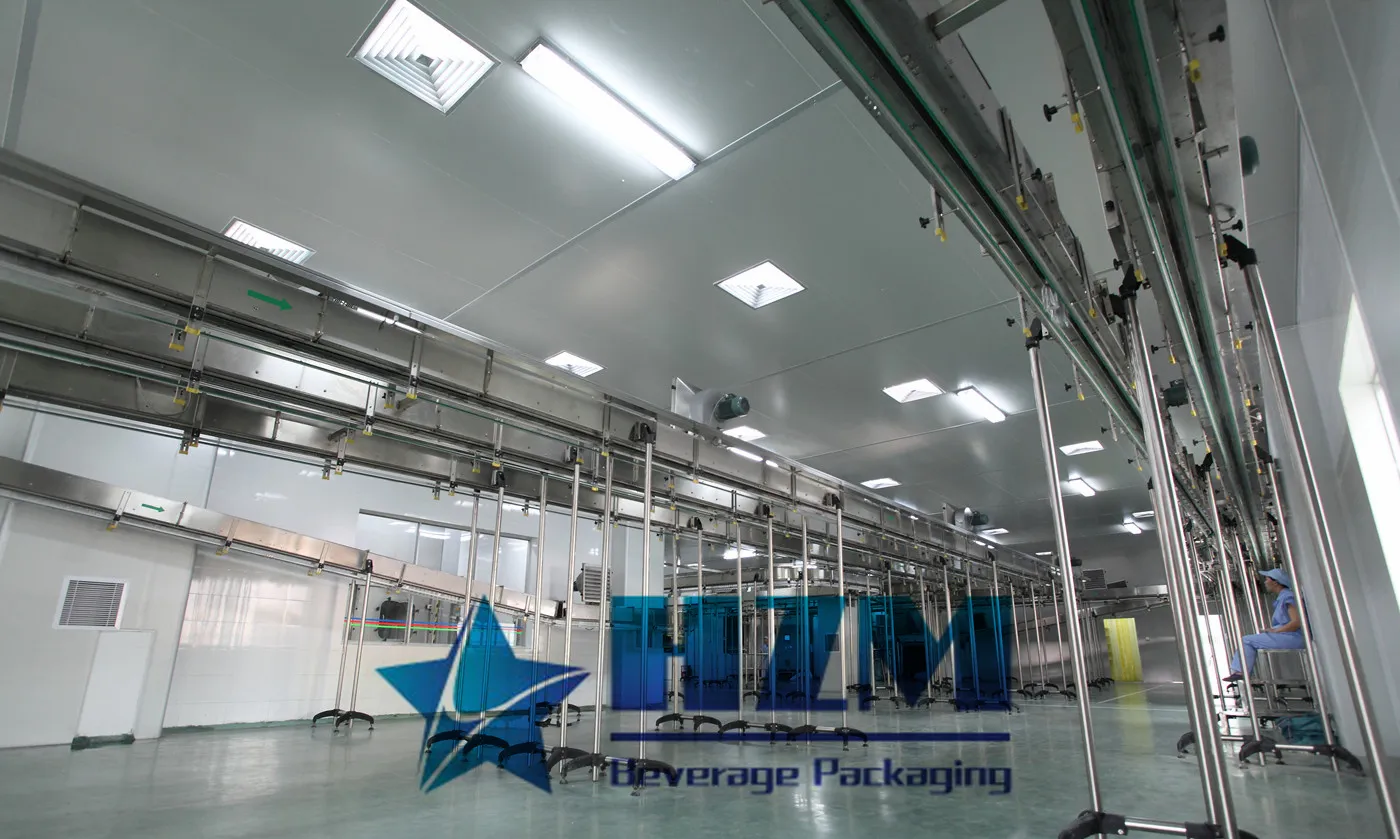
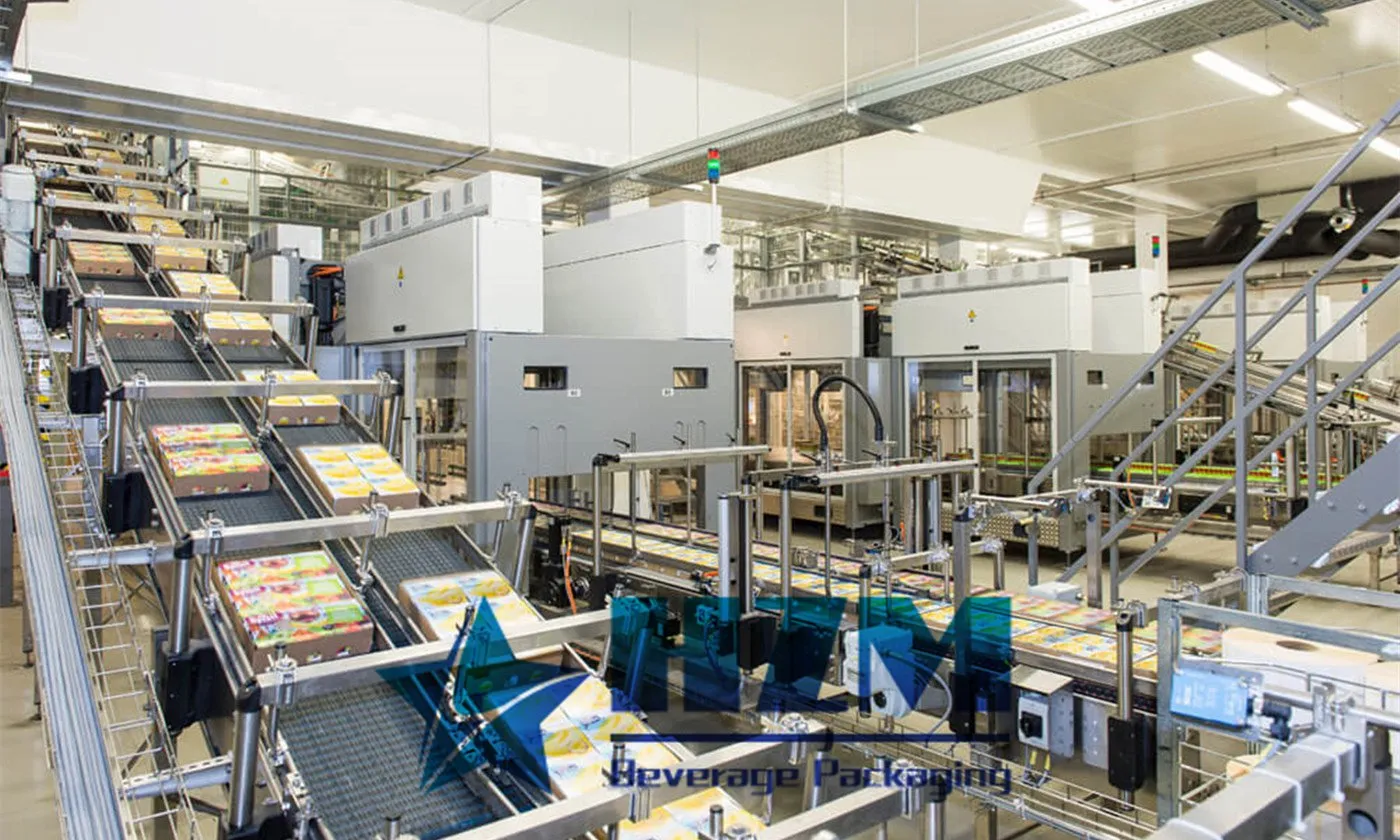
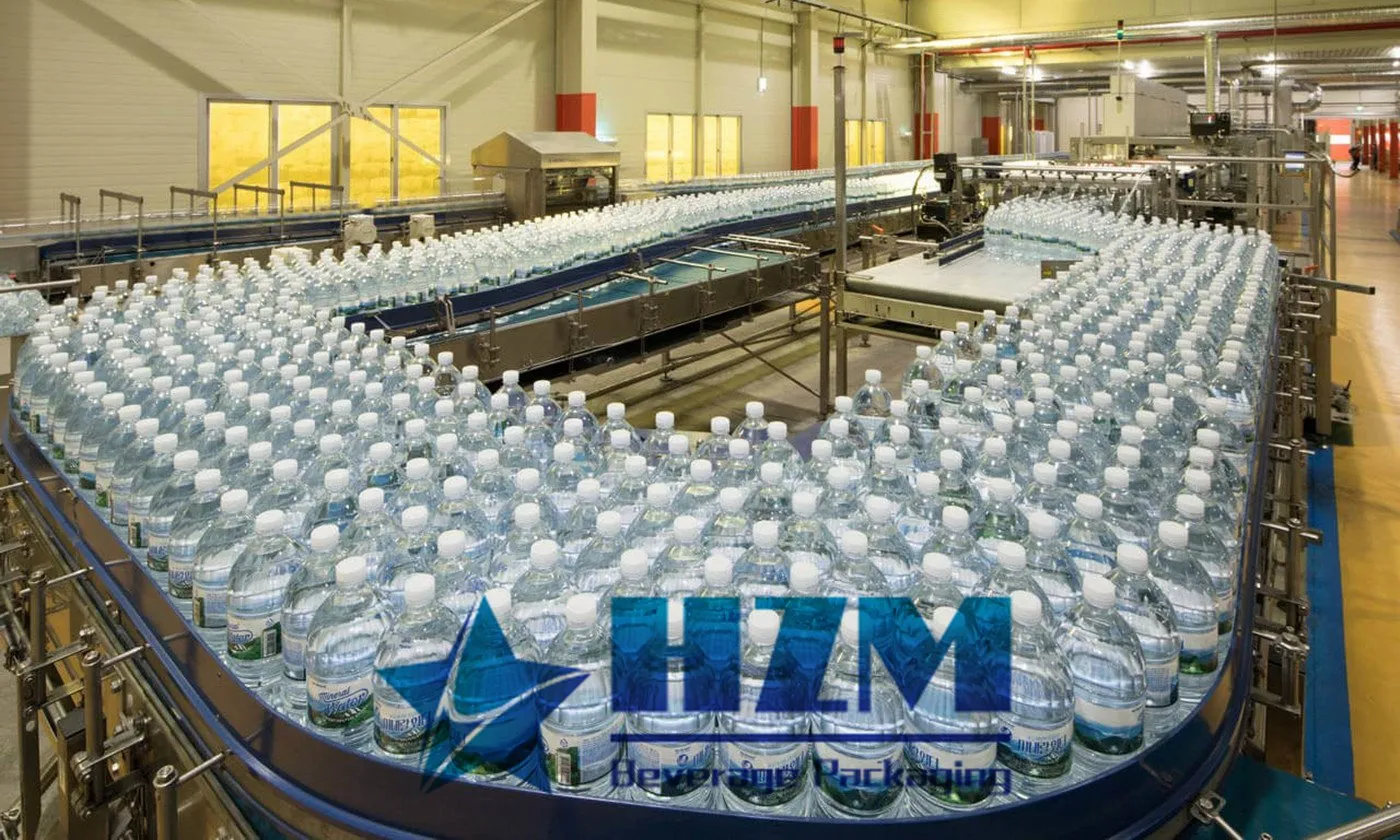
 Home /
Home / 